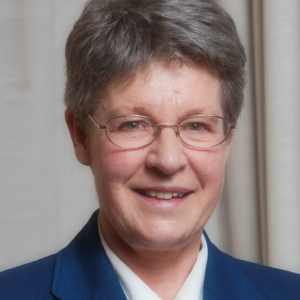National Keynote Speaker
Plenary speakers
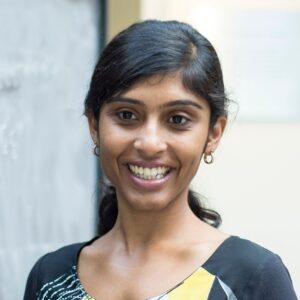
Associate Prof.
Physics
Boston University
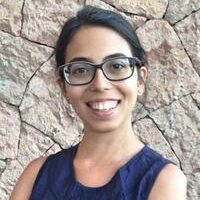
Assistant Prof.
Physics
Boston University
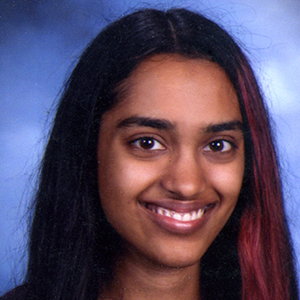
Scientist
Qubits and Quantum Computing
MIT Lincoln Lab
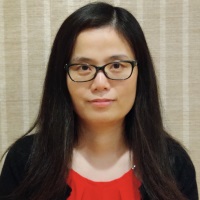
Vice President
Biostatistics and Data Science
Alkermes Inc
Opening and closing speakers
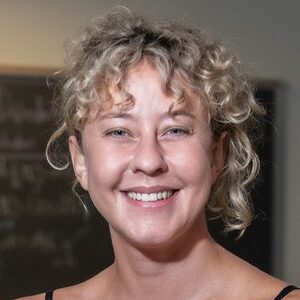
Assist Prof. of Physics
Boston College
Chair of LOC
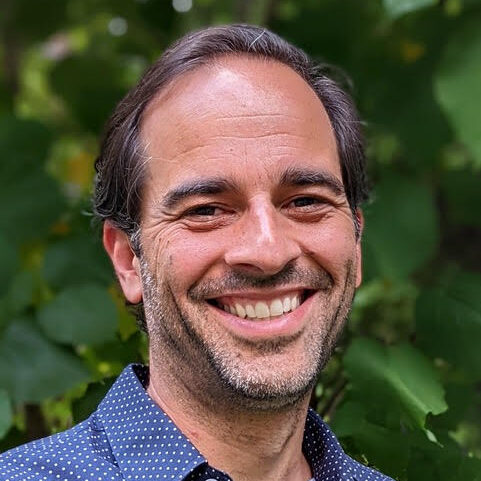
Prof.
Physics
Wellesley College
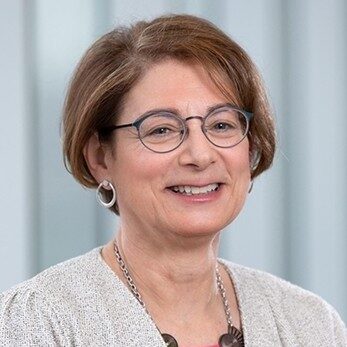
Prof. Earth & Envir
Dir Schiller Ctr
Boston College
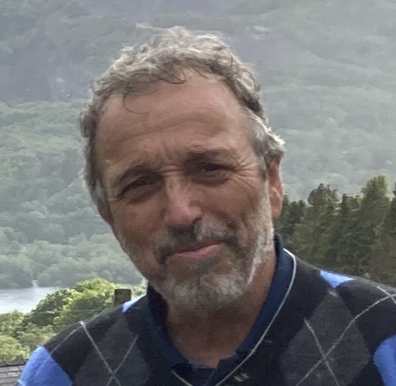
Prof. and Chair
Physics
Boston College
Workshop facilitators and panelists
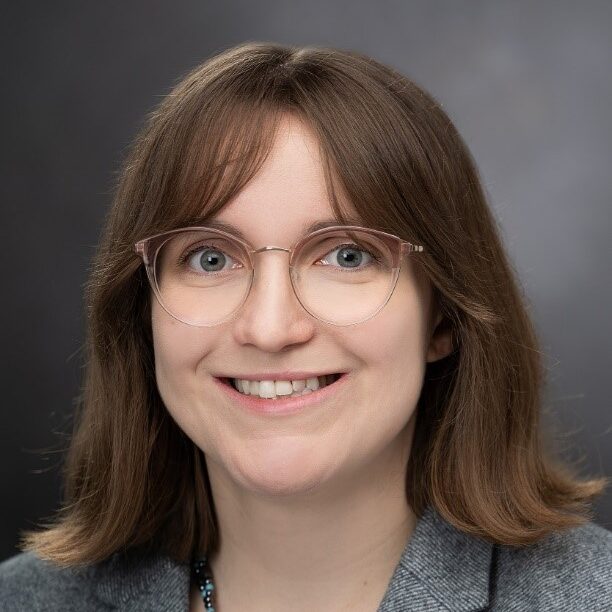
Technical Staff
MIT Lincoln Lab
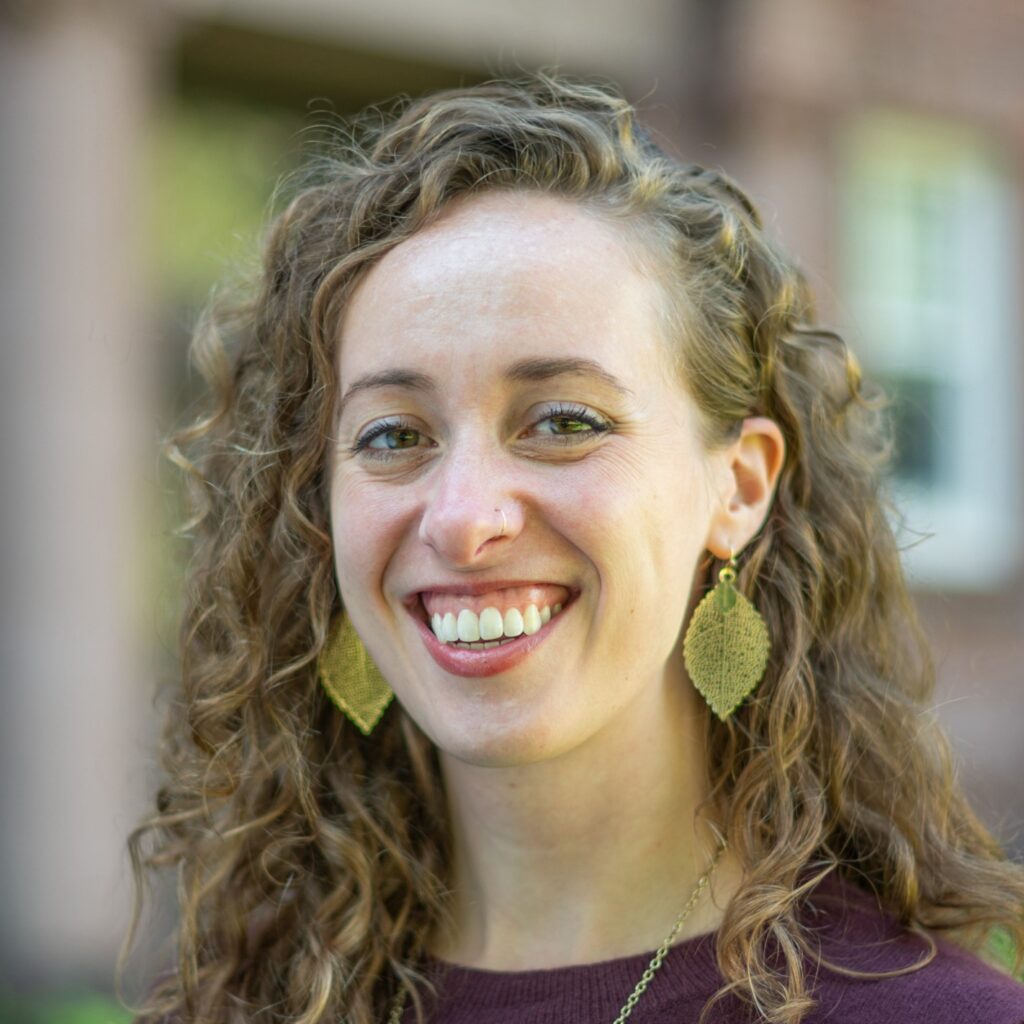
Assistant Prof.
Physics & Data Science
Smith College
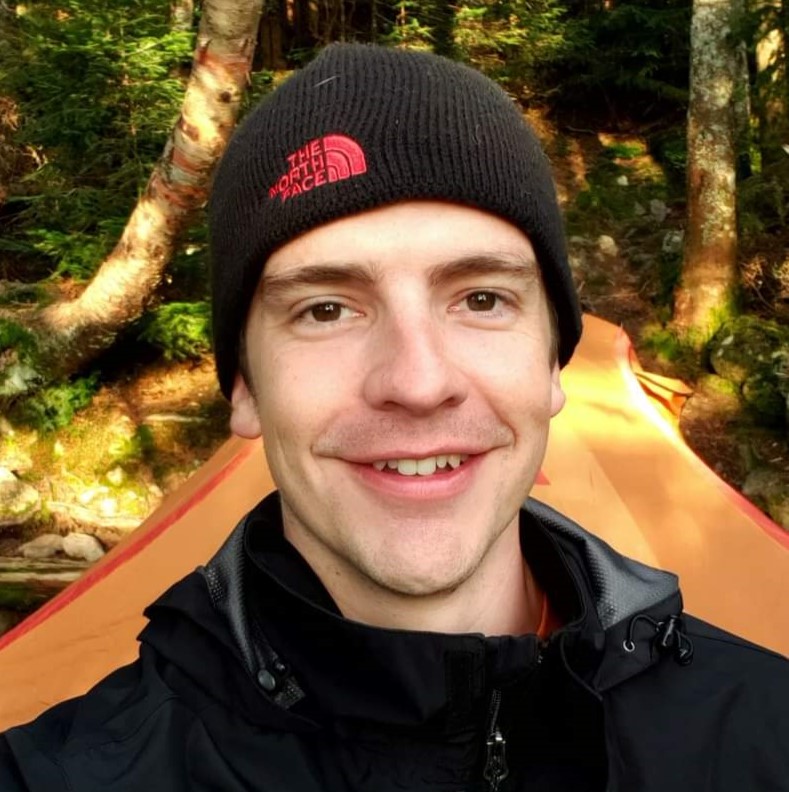
Adjunct Prof.
Manchester Community College
Tech Instructor, MIT
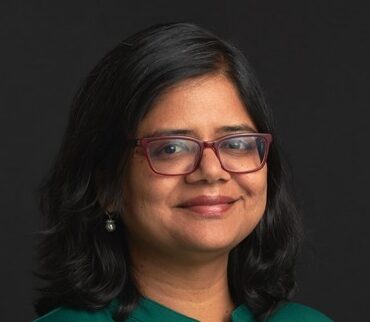
Laboratory Director
Physics Department
Boston College
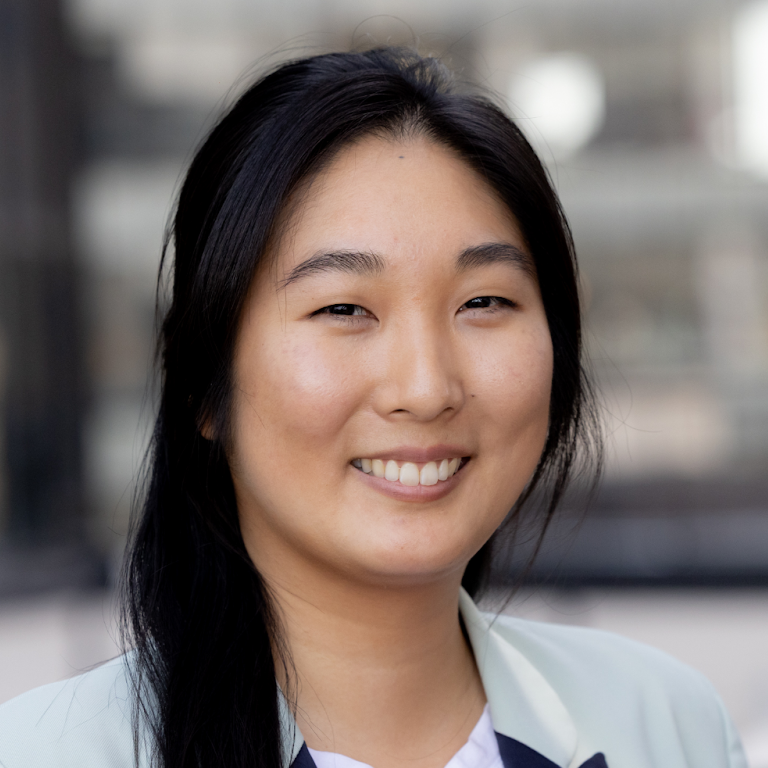
Engineering Manager
Forward Financing
Founder, InterSystems
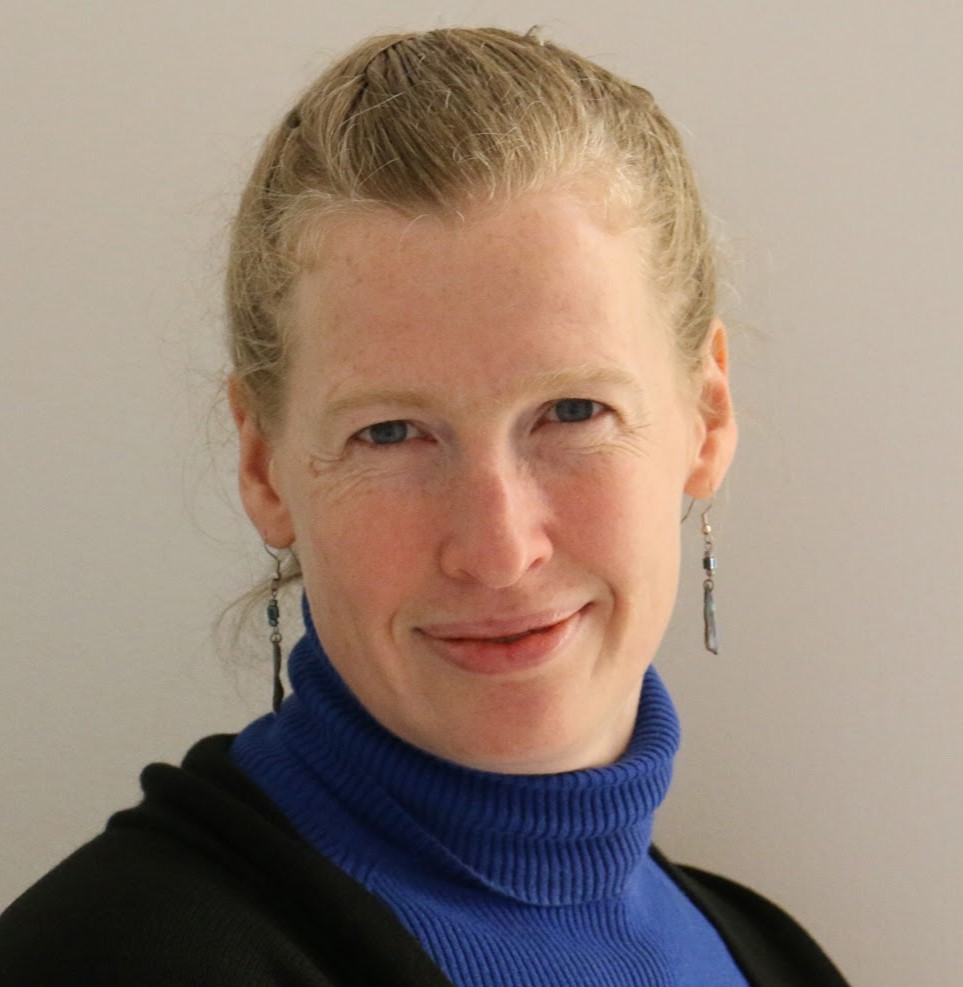
Technical Program Manager
SPARC & ARC systems
Commonwealth Fusion Systems
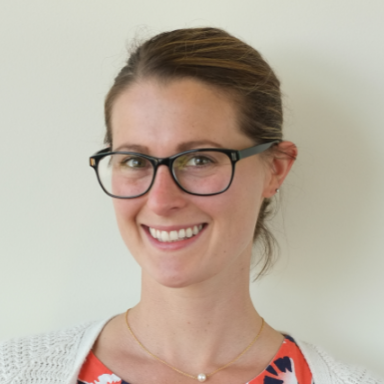
NRC Postdoc Fellow
Ctr for Neutron Research
NIST
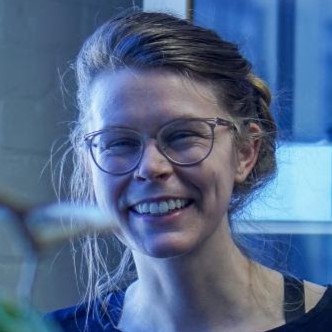
Lab Manager
Physics Department
WPI
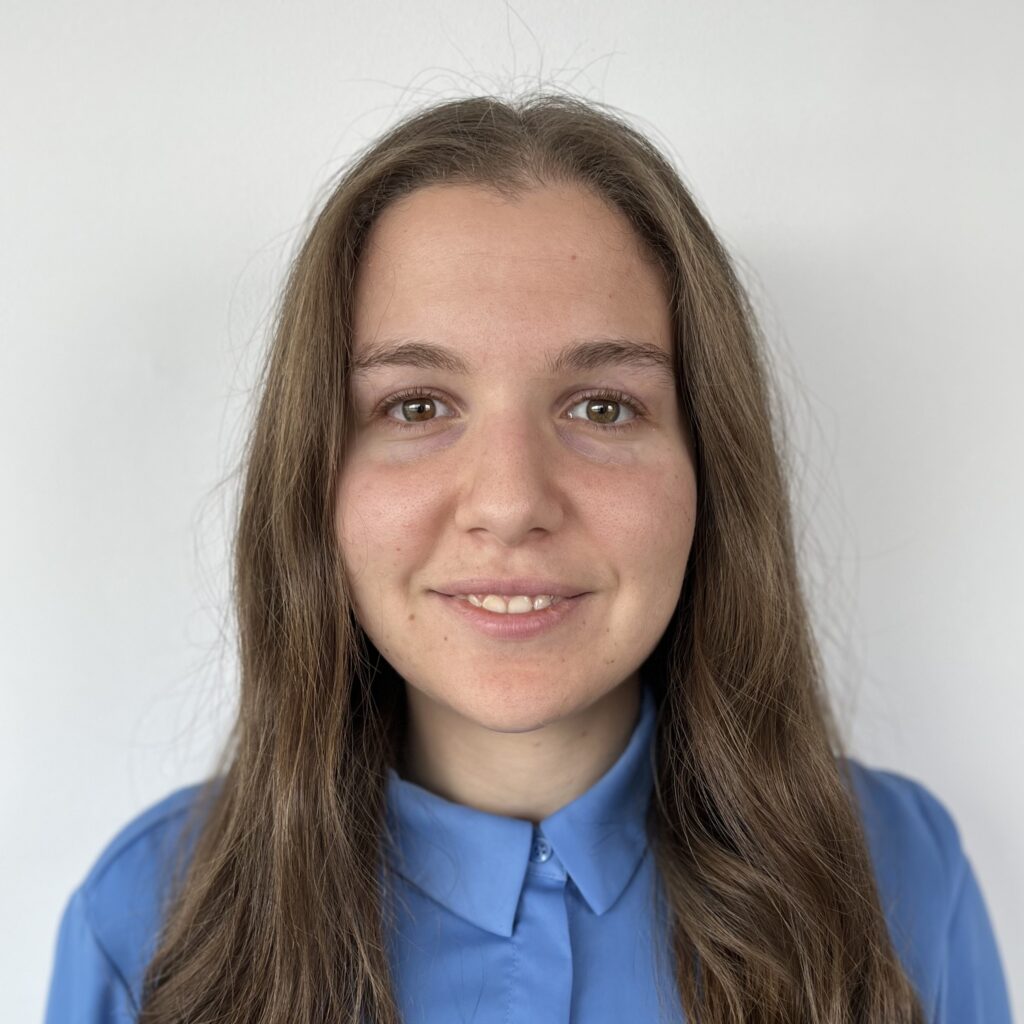
Posdoc
Associate instructor
MIT
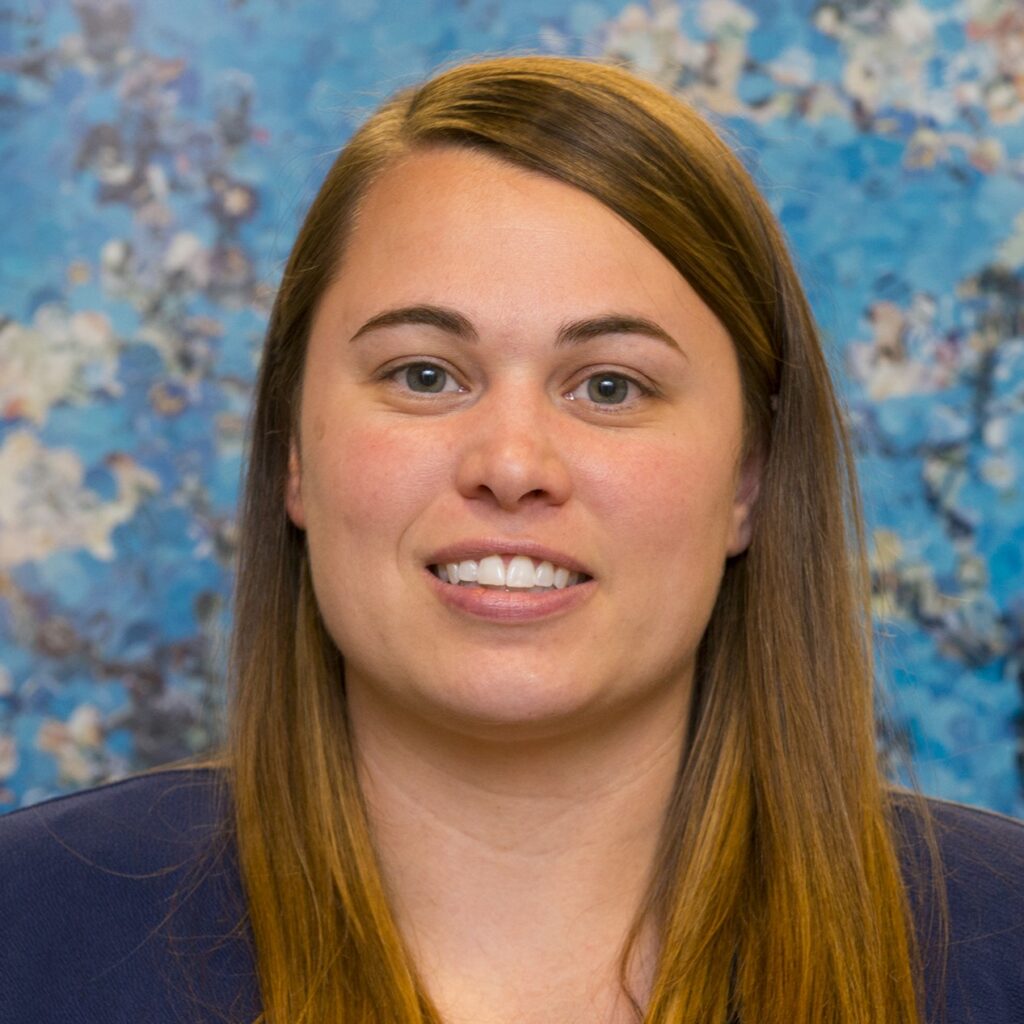
Medical Physicist
Photon Radiation for Cancer
MA General Hospital
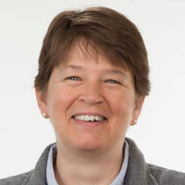
Distinguished Lecturer
Physics, Wellesley
IP Advisor, OmniZare
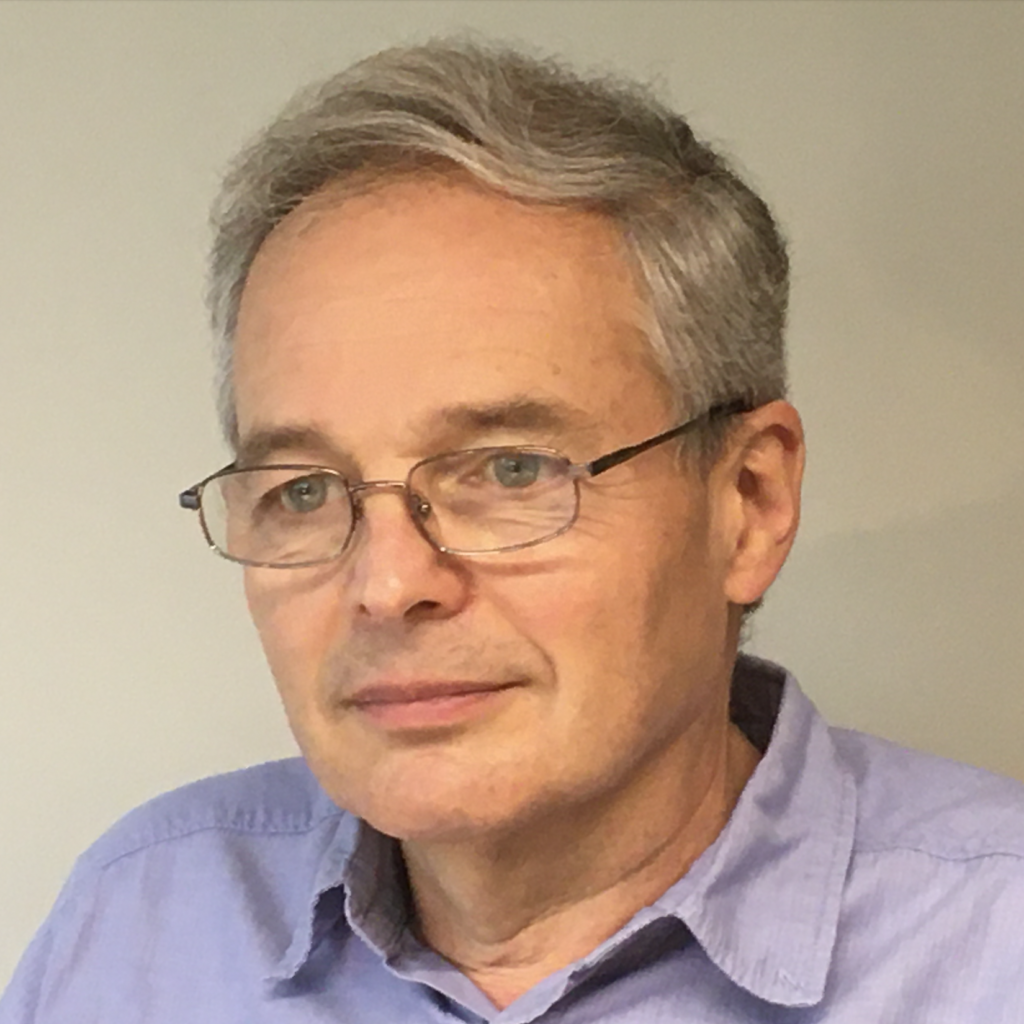
Prof.
Physics
Boston College
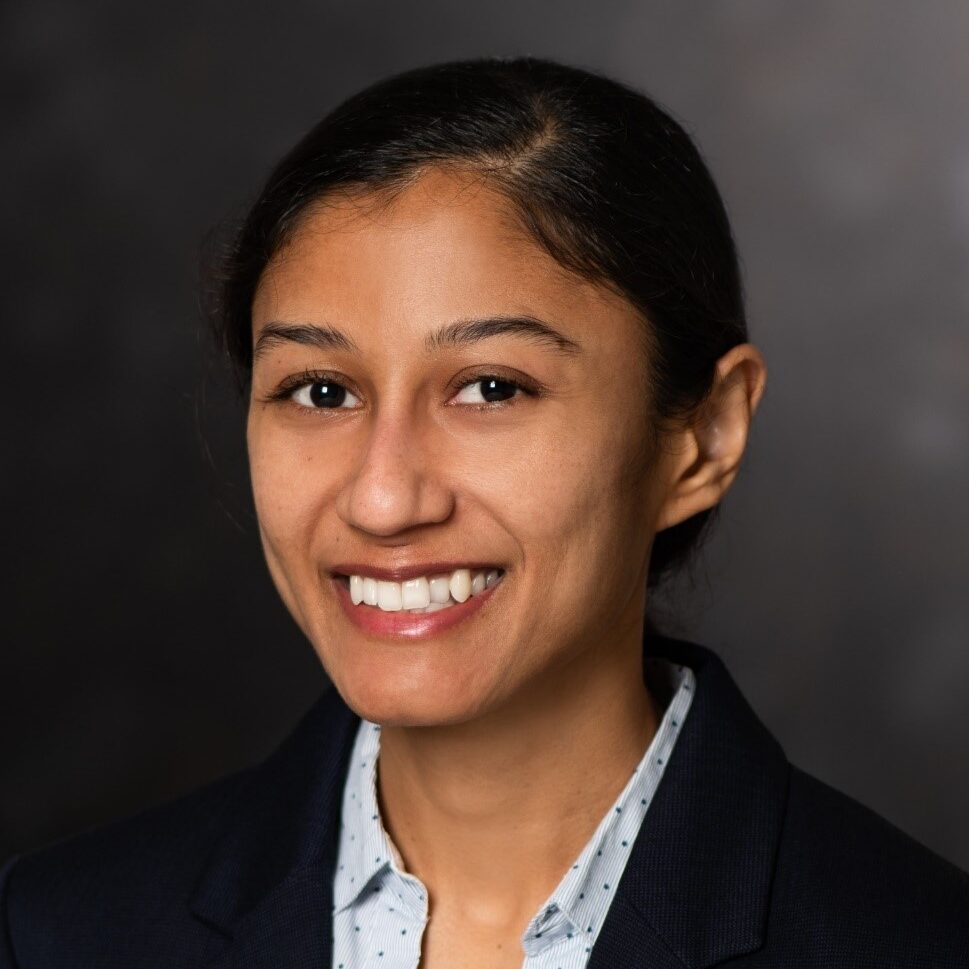
Technical Staff
Systems and Analysis Grp
MIT Lincoln Lab
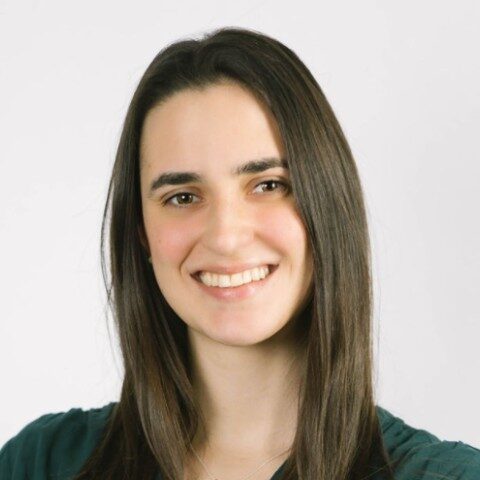
Assistant Staff
MIT Lincoln Lab
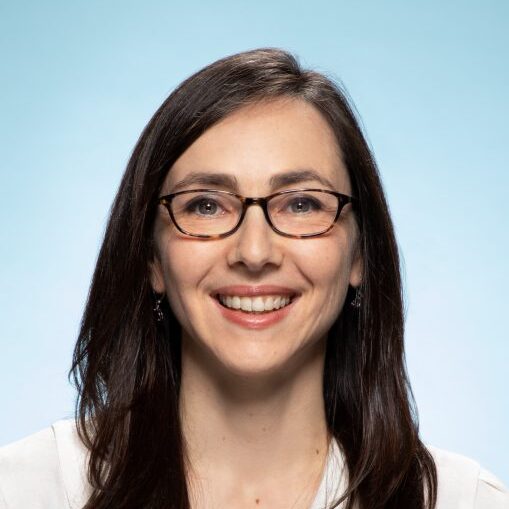
Assist Prof.
Chemistry & Physics
Boston University
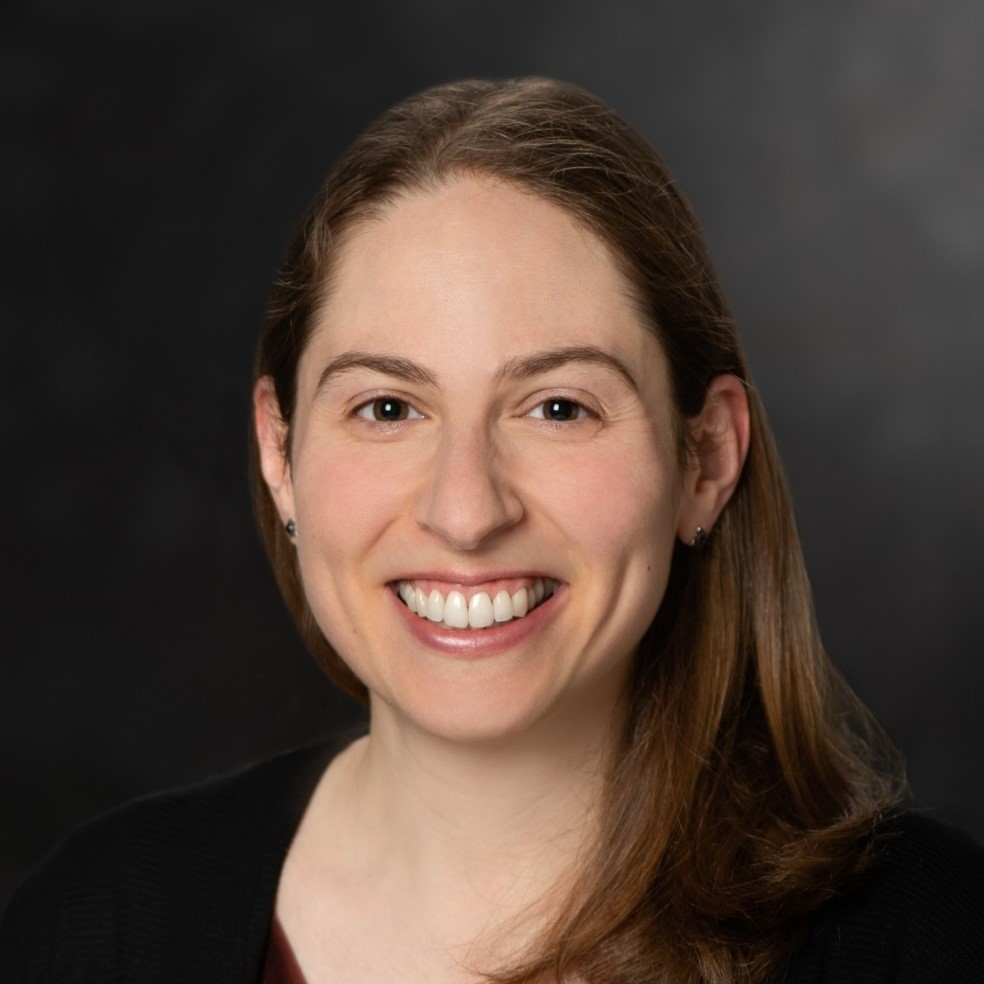
Leader
Systems and Analysis Grp
MIT Lincoln Lab
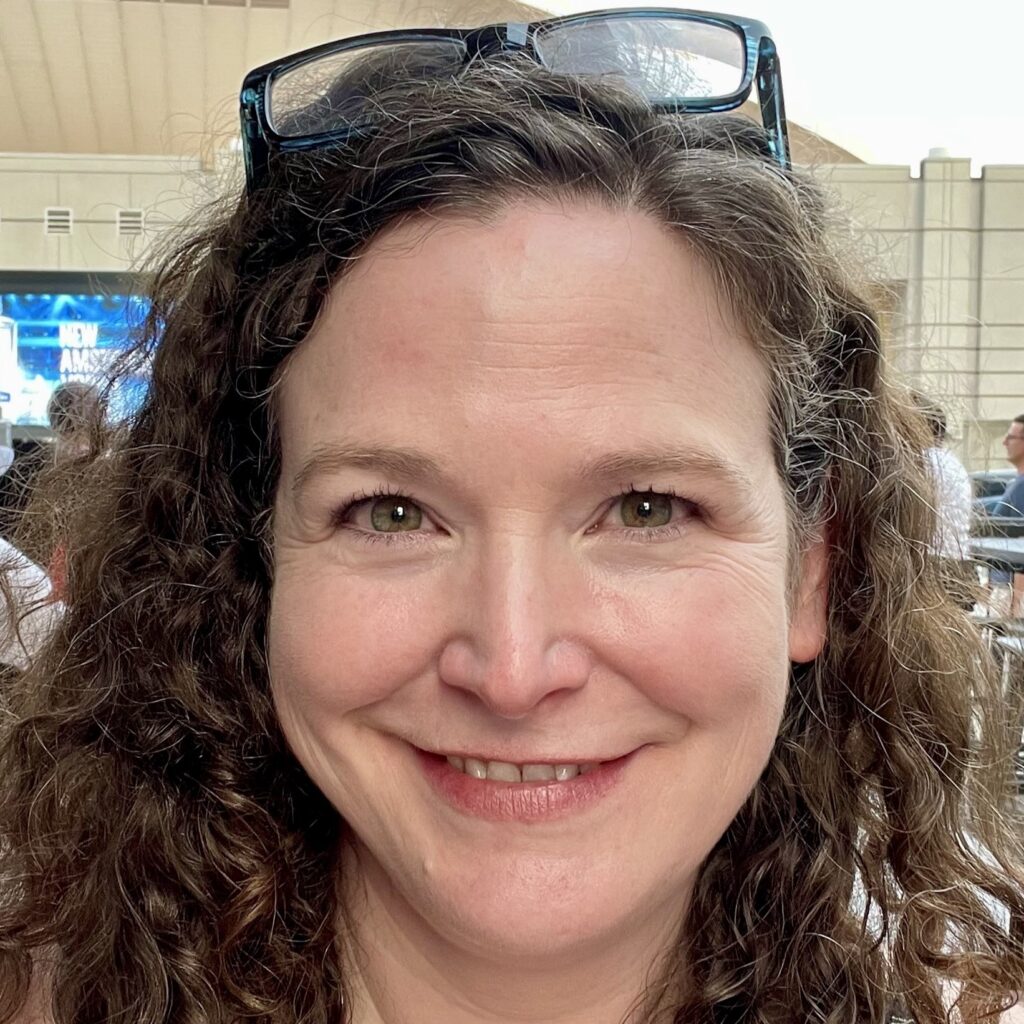
Professor
Physics
MCLA
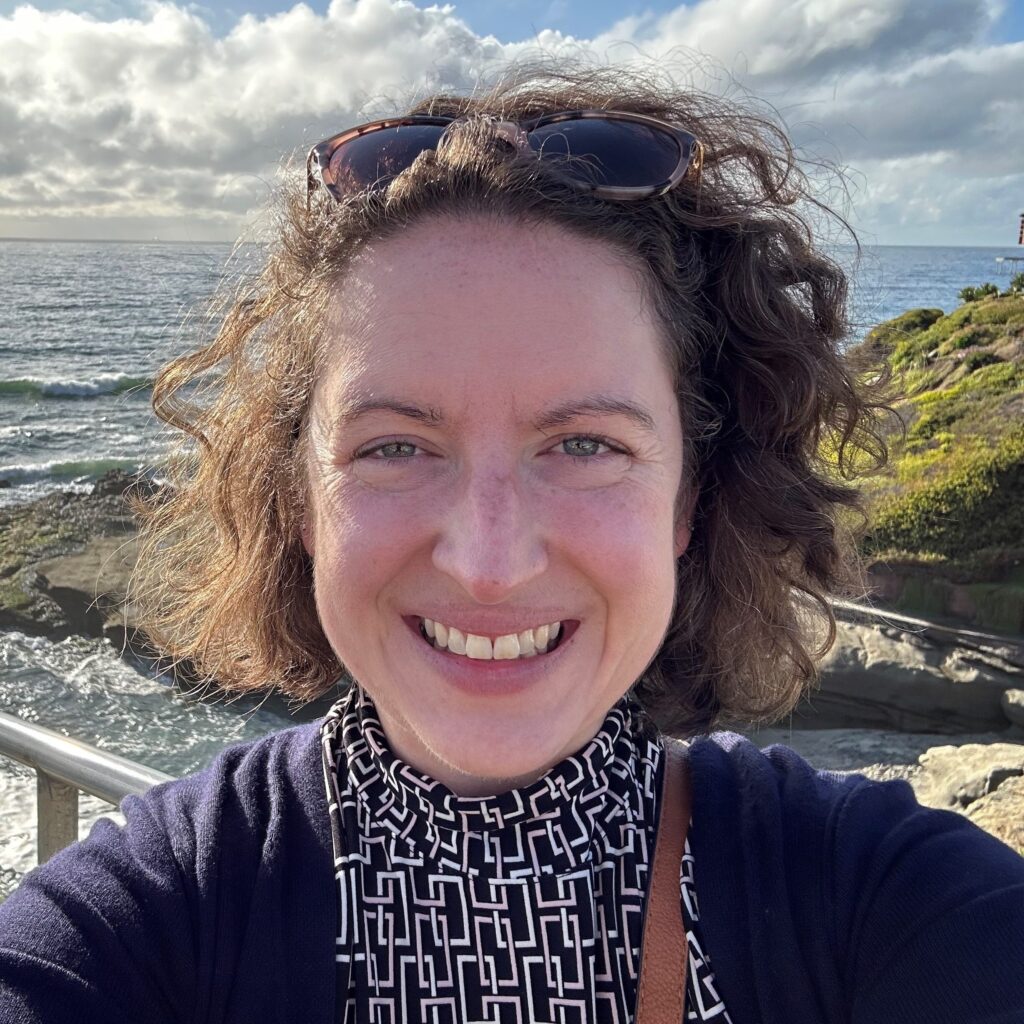
Senior Principal Physicist
Transformational Computing
Northrop Grumman
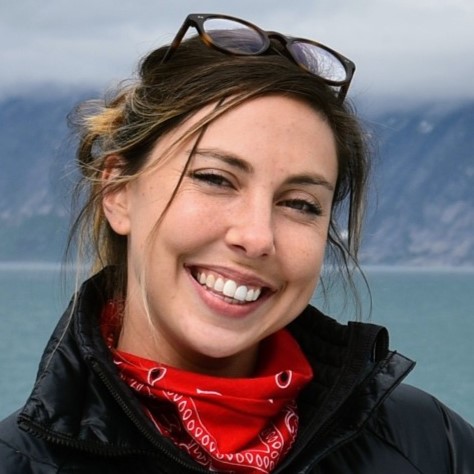
Oceanographer
Woods Hole Oceanographic Institution
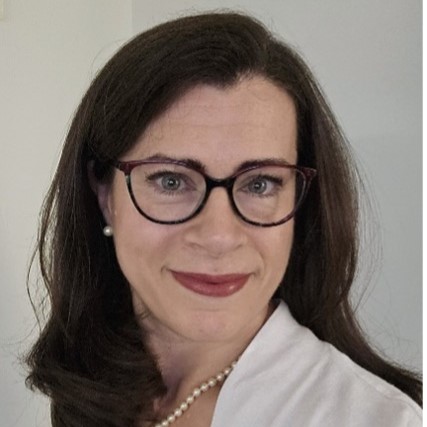
Director of Radiation Safety and Radiation Safety Officer Massachusetts General Hospital.
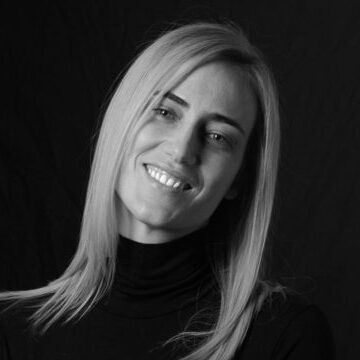
PI of Harvard Medical School
Affiliated Faculty of
Network Science Institute
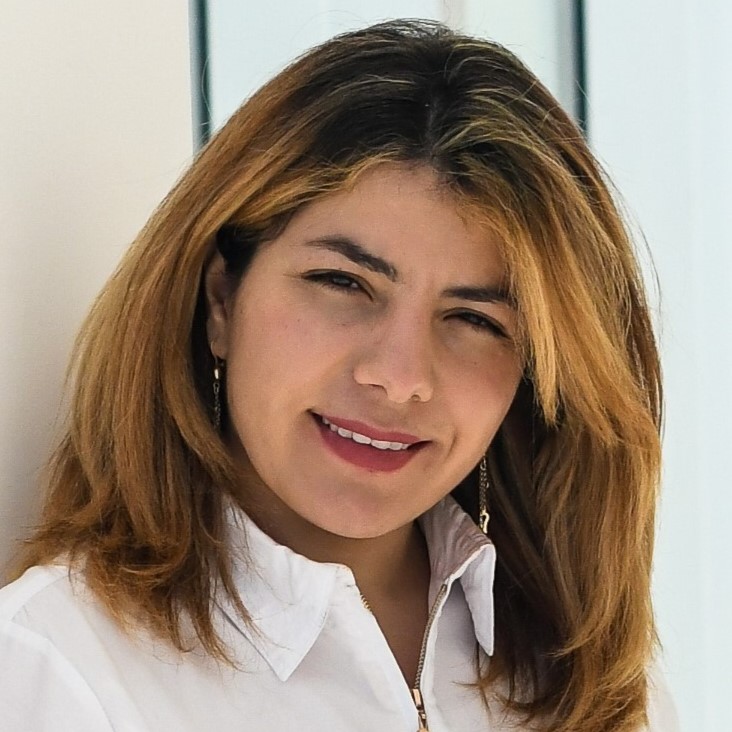
Research Scientist
IBM Quantum
MIT-IBM Watson AI lab
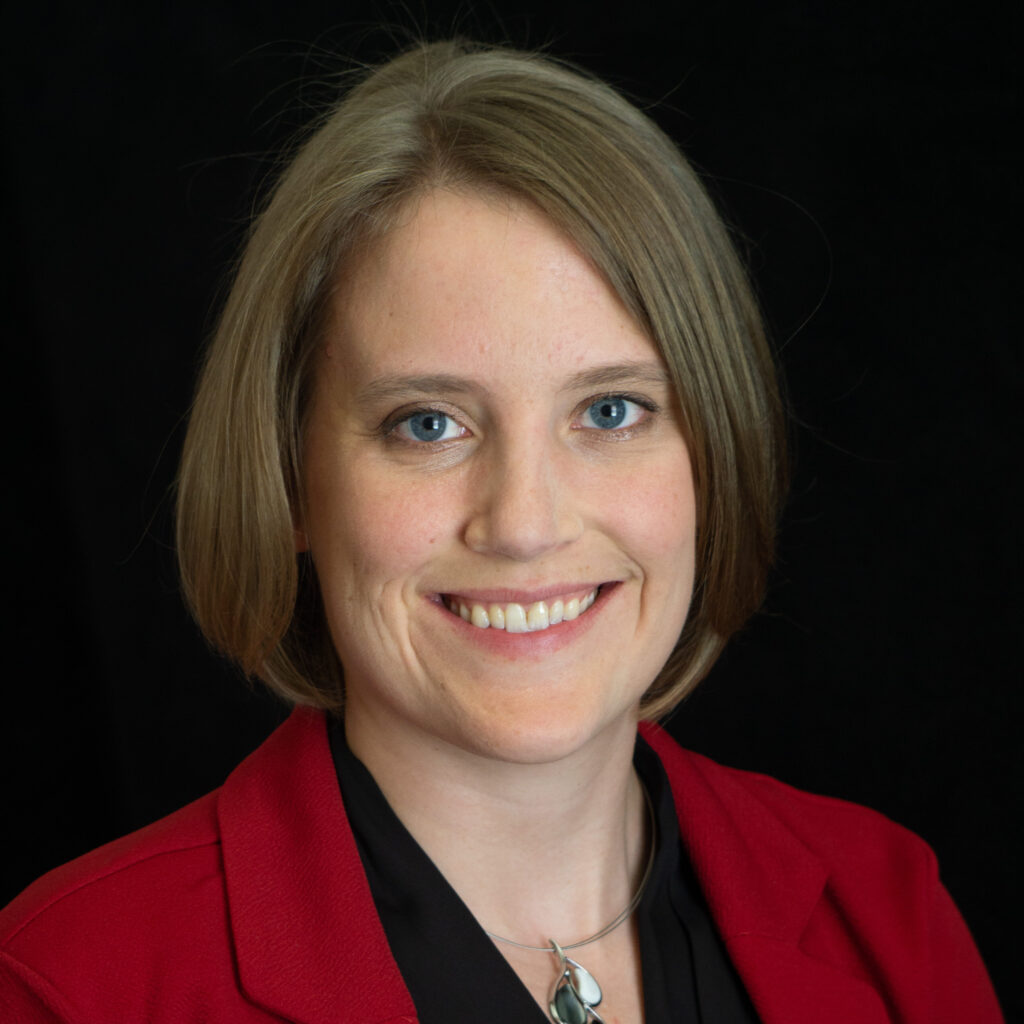
Ph.D. Candidate
UIUC
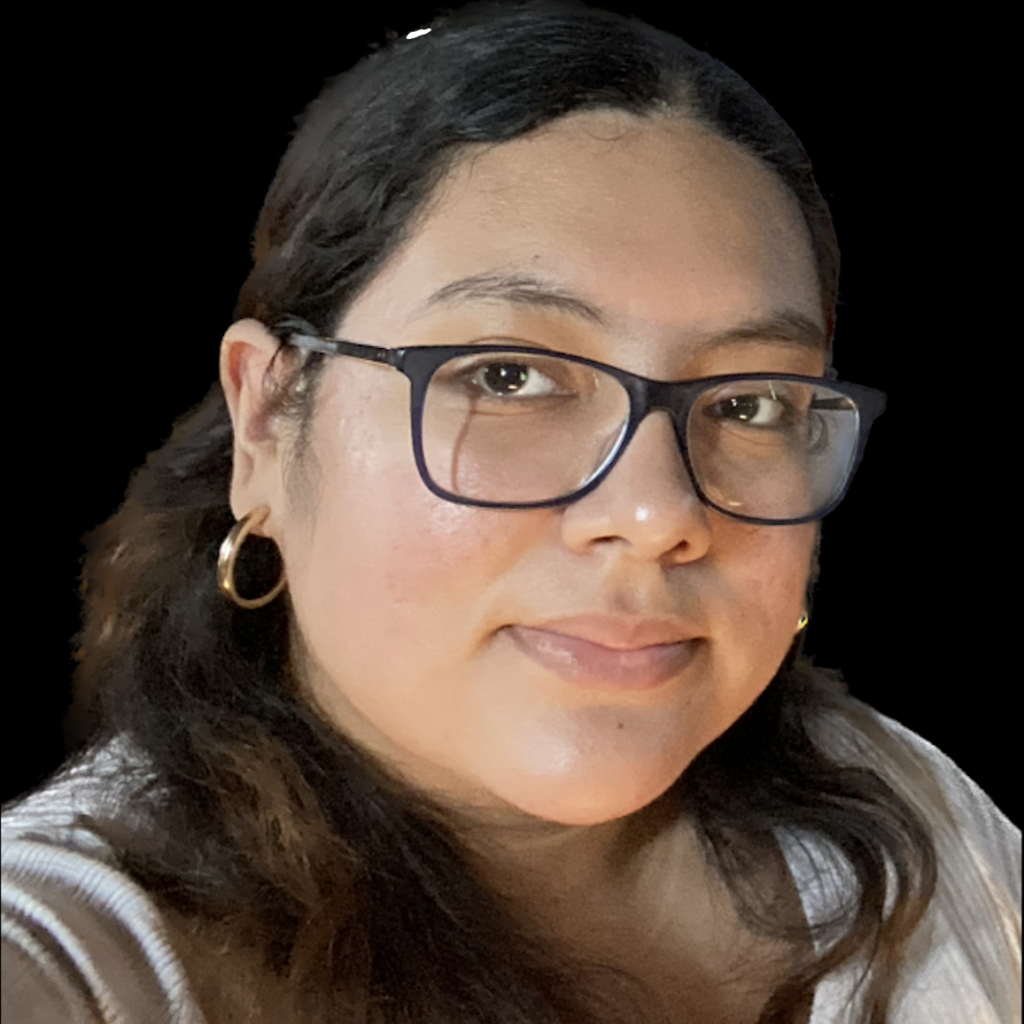
Undergrad
Wellesley
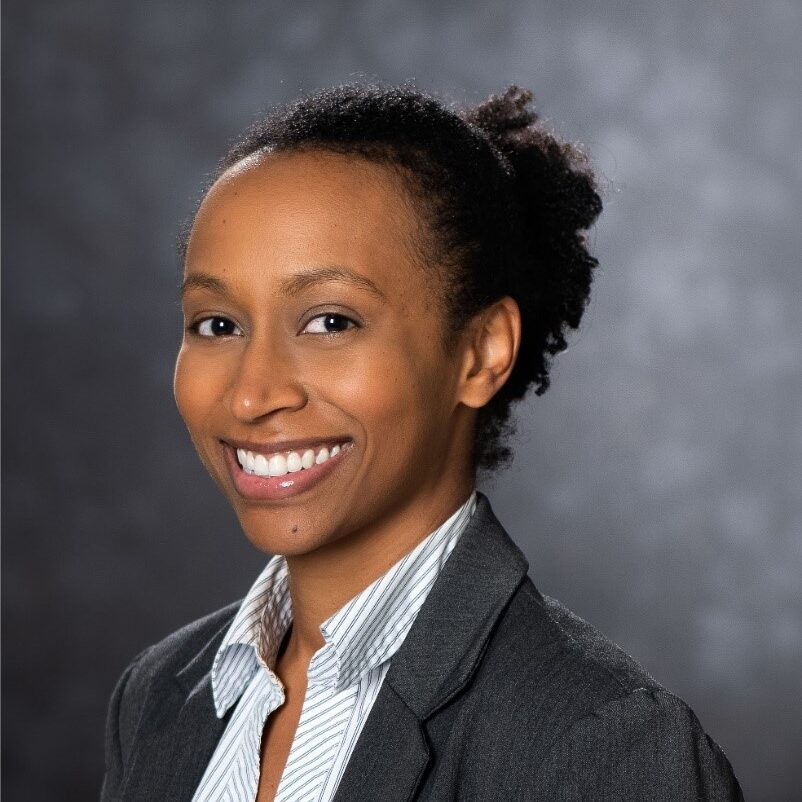
Senior Technical Staff
MIT Lincoln Lab
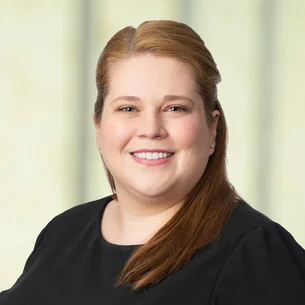
Patent Attorney
Wolf Greenfield
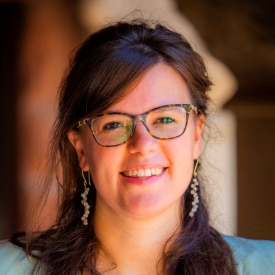
Assistant Prof.
Applied Physics
Harvard
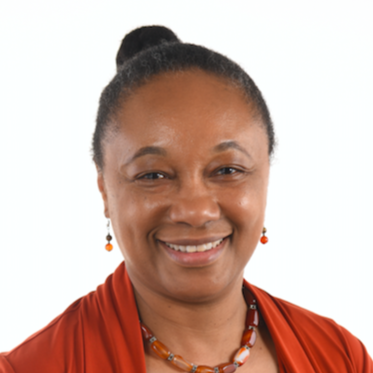
Assoc Dean of
Inclusion and Engagement
Wellesley
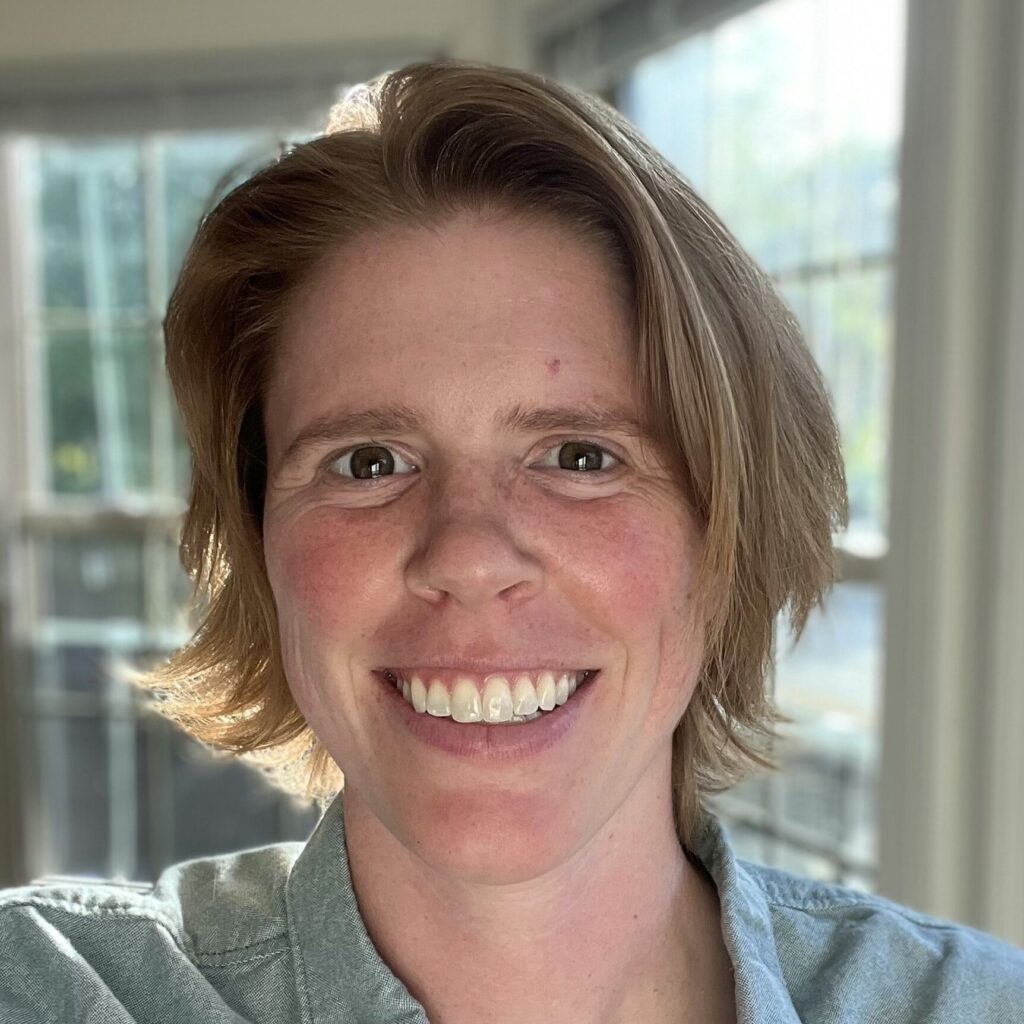
Assistant Prof.
Physics
Wellesley
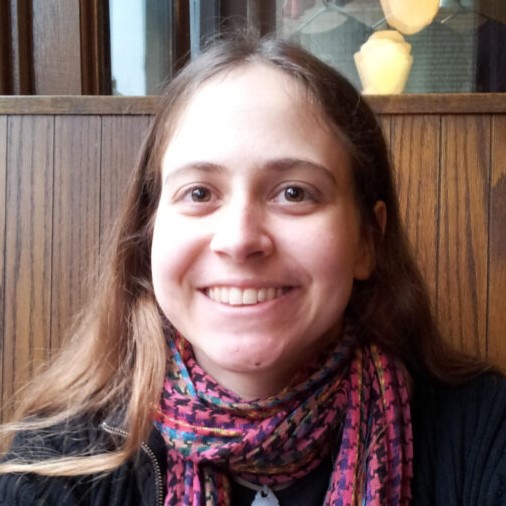
Lecturer
Physics
MIT
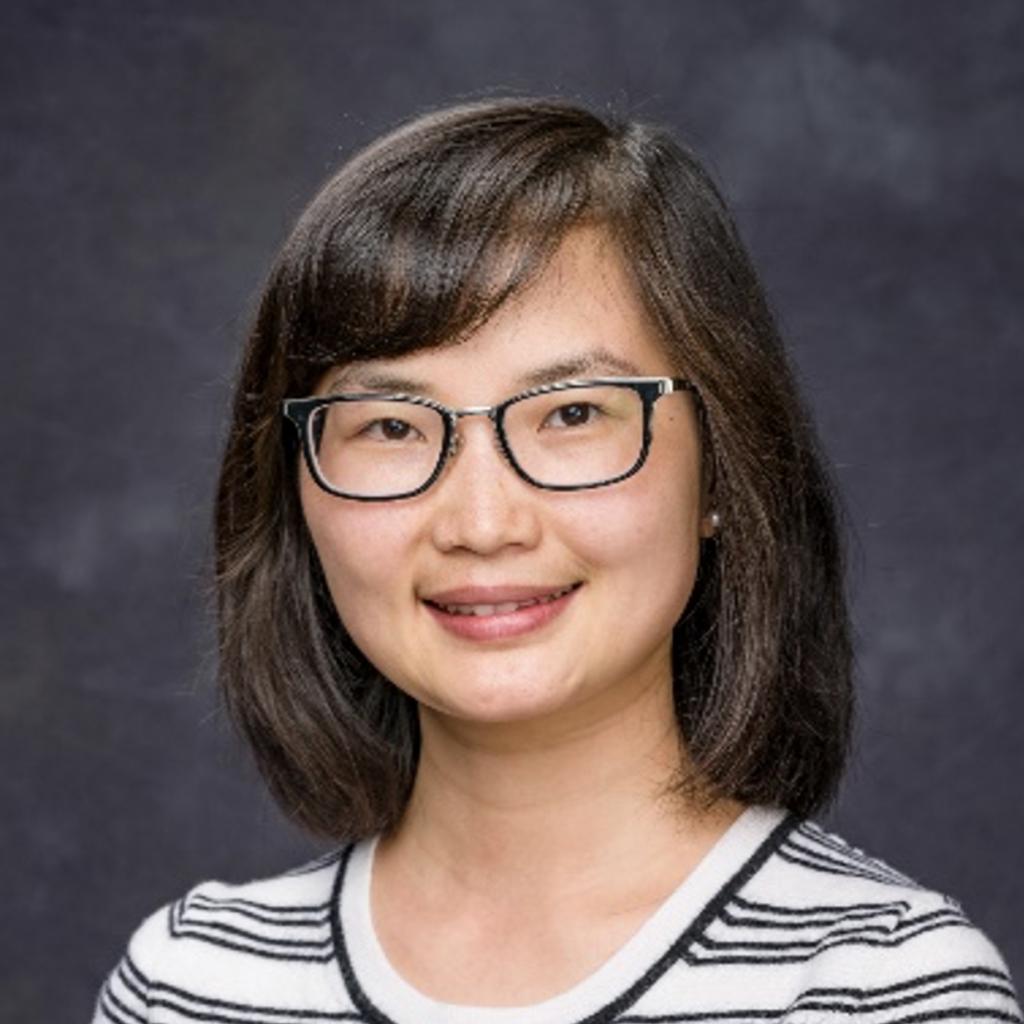
Research Scientist
Physics and Astronomy
Wellesley

2024 Millie Dresselhaus CUWiP Keynote Speaker
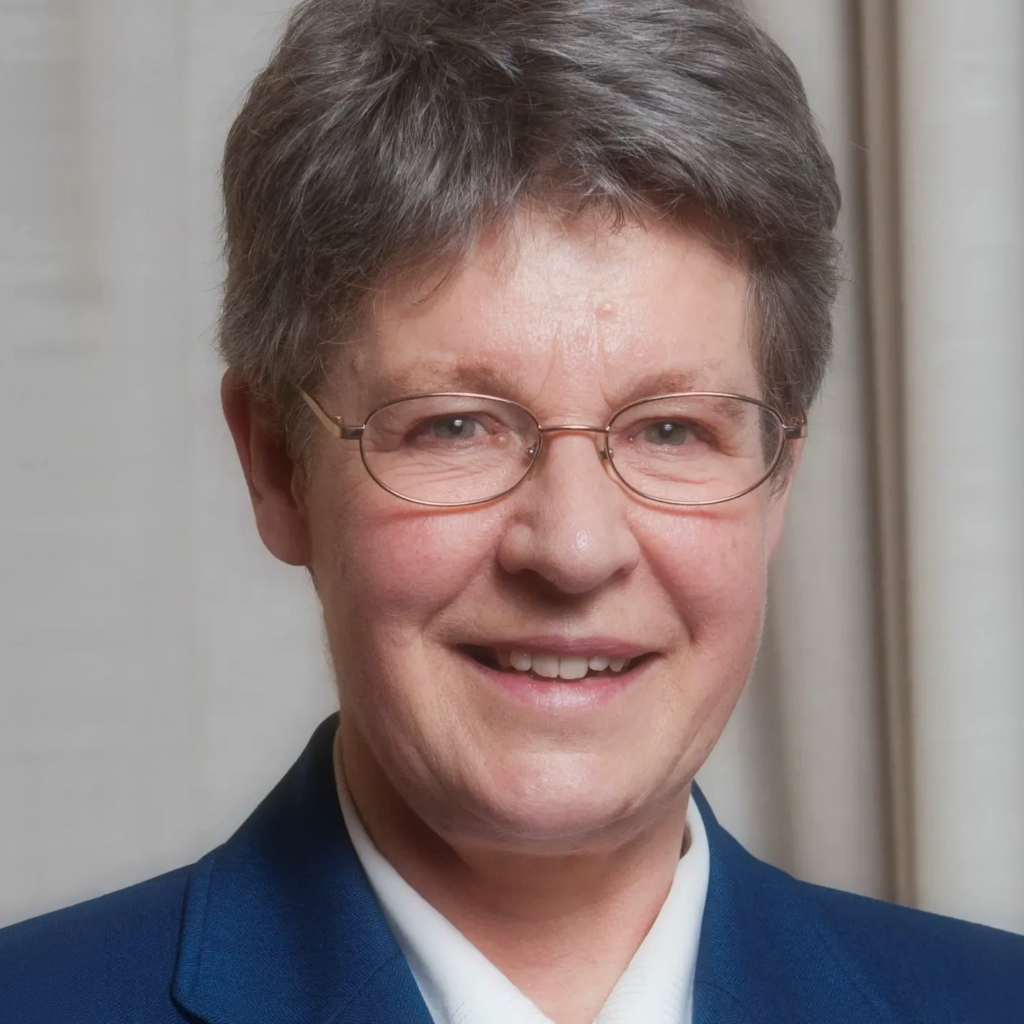
Jocelyn Bell Burnell
Jocelyn Bell Burnell inadvertently discovered pulsars as a graduate student in radio astronomy in Cambridge, opening up a new branch of astrophysics, work recognised by the award of a Nobel Prize to her supervisor. She has subsequently worked in many roles in many branches of astronomy, working part-time while raising a family. She is now a visiting academic in Oxford and the chancellor of the University of Dundee, Scotland. She has been president of the UK’s Royal Astronomical Society, in 2008 became the first female president of the Institute of Physics for the UK and Ireland, and in 2014 the first female president of the Royal Society of Edinburgh. She was one of the small group of women scientists that set up the Athena SWAN scheme. She has received many honors, including a $3 million Breakthrough Prize in 2018. The public appreciation and understanding of science have always been important to her, and she is much in demand as a speaker and broadcaster. In her spare time, she gardens, listens to choral music, and is active in the Quakers. She has co-edited an anthology of poetry with an astronomical theme, Dark Matter; Poems of Space.
(Abstract of Keynote Talk)
Plenary speakers
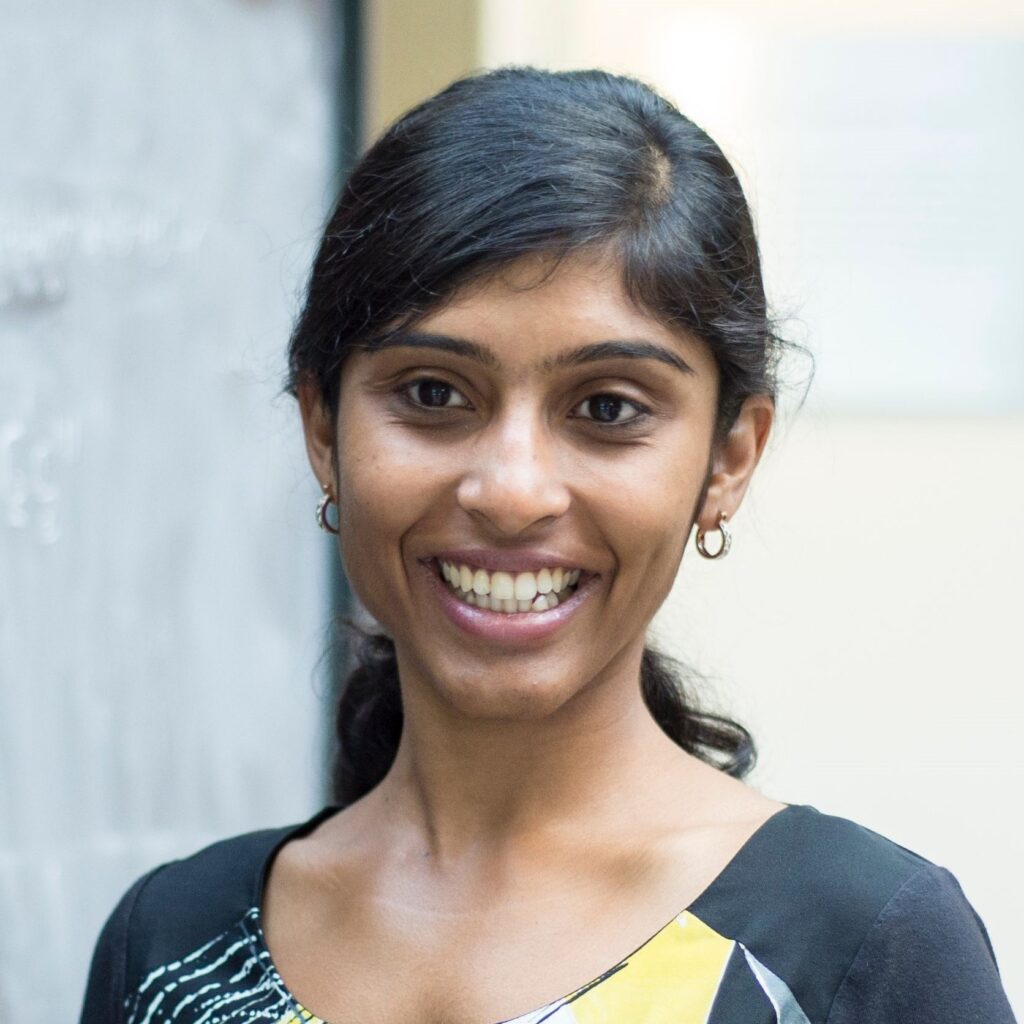
Anushya Chandran
Anushya Chandran is a many-body condensed matter physicist at Boston University with broad interests in driven quantum matter, localization, topological systems and many-body entanglement. She obtained her B.Tech degree from the Indian Institute of Technology in Madras in Electrical Engineering, and her PhD from Princeton University in physics. After a postdoctoral position at the Perimeter Institute, she moved to Boston University, where she is now an associate professor. Dr. Chandran is a recipient of the Sloan research Fellowship and the Faculty Early CAREER award from the NSF.
Research interests: non-equilibrium quantum dynamics, topological systems, many-body entanglement
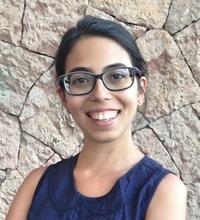
Zeynep Demiragli
The experiments at the Large Hadron Collider (LHC) at CERN are at the energy frontier of particle physics, searching for answers to fundamental questions of nature. In particular, dark matter (DM) presents strong evidence for physics beyond the standard model (SM). However, there is no experimental evidence of its non-gravitational interaction with SM particles. The LHC provides an opportunity to probe this interaction, by producing DM particles in proton-proton collisions. While the DM particles would not produce an observable signal in the detector, they may recoil with large transverse momentum against visible particles radiated from the initial state resulting in an overall transverse momentum imbalance in the collision event. Search for DM particles in such final states is the primary focus of my research program at the Compact Muon Solenoid (CMS) experiment.
I am also deeply involved in the development of CMS object reconstruction algorithms and in the monitoring of their performance. I am currently the convener of the jet and missing transverse momentum physics group.
By 2025, the LHC will be upgraded with a goal to increase the integrated luminosity by a factor of 10 beyond the original design. This new design, known as the High Luminosity LHC (HL-LHC), will increase the discovery potential for new particles beyond the SM such as DM. For the HL-LHC, the CMS experiment will need new readout electronics to fully exploit the demanding operating conditions and the delivered luminosity. In this regard, in coordination with the Electronics Design Facility at BU, I am leading the development of the inner tracker (pixel) Data, Trigger and Control (DTC) readout boards which will be based on Advanced Telecom Computer Architecture. The pixel detector is an essential component of CMS and it is used in the reconstruction of nearly every object, and thus nearly every physics analysis. Therefore, efficient and error free readout of the pixels is crucial for the success of the CMS physics program. We will deliver approximately 70 boards for the full system and all will be extensively tested in the lab environment.
(Abstract of Plenary Talk II)
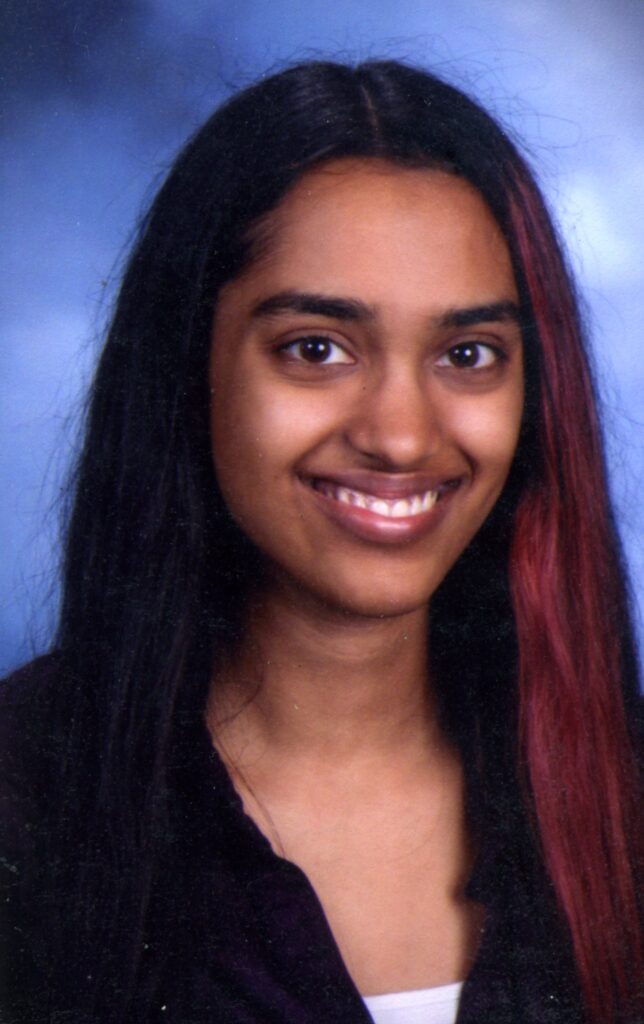
Mallika Randeria
Mallika spent a large part of her childhood in Mumbai, India, interspersed with periods in the US, before moving to Ohio. Thanks to enthusiastic professors and exposure to research in experimental labs, Mallika chose to major in physics, graduating from MIT with a B.S. in 2012. She then moved to Princeton to pursue a Ph.D. with Prof. Ali Yazdani. Mallika’s PhD research investigated the role of electron-electron interactions and their tunability on the surface of bismuth. She conducted experiments imaging electronic behavior with atomic scale resolution using a scanning tunneling microscope operating at milliKelvin temperatures and high magnetic fields. Mallika received her Ph.D. from Princeton University in 2019 and then moved to MIT as a Pappalardo Fellow, exploring ideas of emergent quantum phenomena and symmetry breaking in two-dimensional materials.Mallika is currently a scientist on qubits and quantum computing at Lincoln Laboratory.
(Abstract of Plenary Talk I)

Ling Wang
Dr. Ling Wang is currently Vice President of Biostatistics and Data Science at Alkermes Inc, a neuroscience biotech company based in the US and Ireland. Her responsibilities include designing and analyzing all stages of clinical trials at Alkermes, as well as working with the drug discovery organization on optimizing experimental design, data analysis and objective decision making. Prior to that, she has worked as a statistician at Pfizer, Takeda and Novartis in both oncology and immunology therapeutic areas. Her area of expertise ranges from adaptive clinical trial designs, use of artificial intelligence and machine learning in genetics/genomics for subgroup identification and patient selection, and use of real world evidence in drug development.
(Abstract of Plenary Talk IV)
Opening and closing remark speakers

Benedetta Flebus
Benedetta Flebus is an assistant professor at Boston College. Her theoretical research has spanned several areas of condensed matter theory, including phononic, magnonic and electronic systems, and lately she became very interested in exploring the confluence between quantum optics and solid state phenomena. Outside of her work, she loves listening to live music and doing yoga. Currently she is a co-organizer of the Women in Physics and the Women in Technology groups and she is looking forward to the CUWiP event!

James Battat
James Battat is an associate professor in the Department of Physics and Astronomy at Wellesley College. His research focuses on experimental astroparticle physics, including the development of neutrino detectors. Outside of work, he loves playing soccer and playing with his dog, Snickers. He is looking forward to this year’s Boston College / Wellesley CUWiP!

Laura Steinberg
Prof. Steinberg is the executive director of the Schiller Institute for Integrated Science and Society, and professor of Earth and Environmental Sciences. She holds a Ph.D. in Civil Engineering and was formerly dean of the College of Engineering and Computer Science at Syracuse University. She has worked extensively on research in infrastructure management, disaster preparedness and response, engineering education, and environmental modeling. She served on the EPA Science Advisory Board, Drinking Water Sub-Committee, and as an editor and advisory board member for Natural Hazards Review, Journal of Homeland Security and Emergency Management, and the Journal of Environmental Engineering. For the American Society of Civil Engineers, she served three terms as a member of the Industry Leaders Council representing civil engineering faculty members throughout the U.S.

Michael J. Graf
Michael Graf (he/him) is a Professor and Chair of the Department of Physics at Boston College. His research centers on probing the properties of novel electronic and magnetic materials via muon spin spectroscopy. In recent years his teaching has focused on introductory physics for both science and non-science majors, and he led the initiative to create Boston College’s new Applied Physics B.S. program.After receiving his B.S. degree in Physics from Rensselaer Polytechnic Institute and Ph.D. degree in Physics from Brown University, he was an IBM Postdoctoral Fellow at MIT. He then came to Boston College as a faculty member. He has also held appointments as a Visiting Scientist at the Universiteit van Amsterdam, the Università di Pavia, and the École Polytechnique Fédéral de Lausanne.
Workshop facilitators and panelists

Caroline Aust
Caroline Aust is a member of the technical staff at MIT Lincoln Laboratory, a federally funded research and development center focusing on technology in support of national security. As an analyst in the Systems and Analysis group, Caroline develops physics-based models and conducts technical analyses to assess issues impacting U.S. aircraft capabilities. In her time at Lincoln Caroline has conducted studies on a variety of topics and briefed results to government senior leaders. Prior to Lincoln, Caroline completed a B.A. in Physics at Cornell University. While at Cornell, she was involved in research efforts to conduct precision measurements of the top quark mass leveraging data from the Compact Muon Solenoid experiment at the CERN Large Hadron Collider.
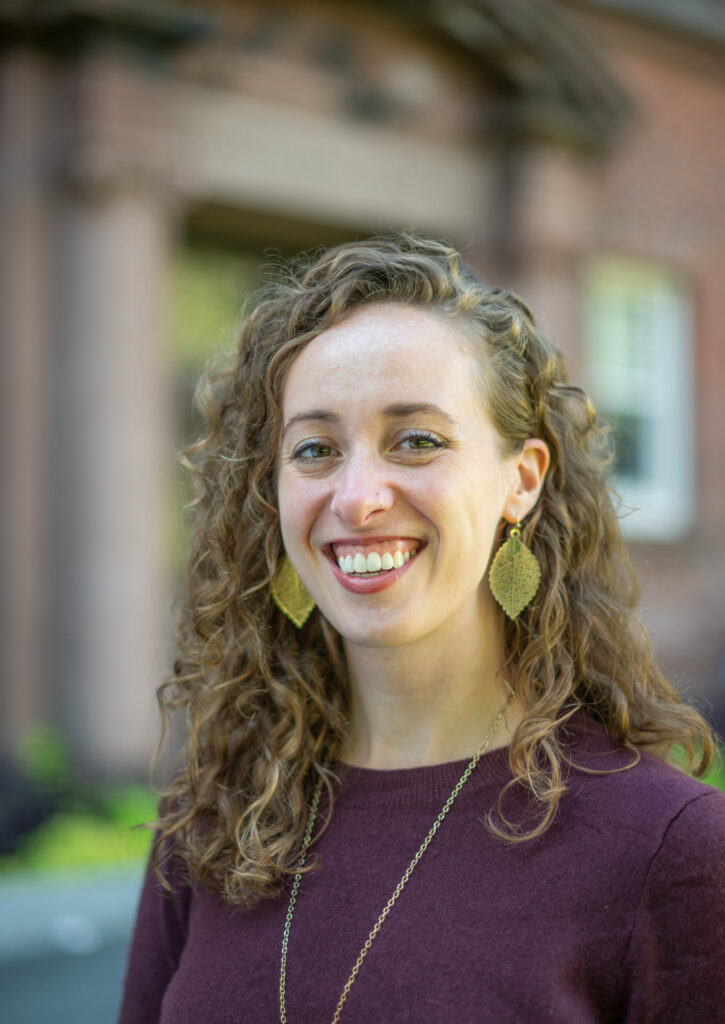
Casey Berger
Casey Berger is an assistant professor of physics and statistical and data sciences at Smith College. Her research uses computational methods and data-driven techniques to understand many-body quantum systems. She is passionate about using equity-focused pedagogy to create a classroom where everyone can learn and grow. Before her career as a physicist, she worked in talent management in Hollywood, and she is also an author, with a science fiction trilogy published in 2021 and an installment in the beloved Choose Your Own Adventure franchise published in 2023.
(Abstract of Workshop B-V)
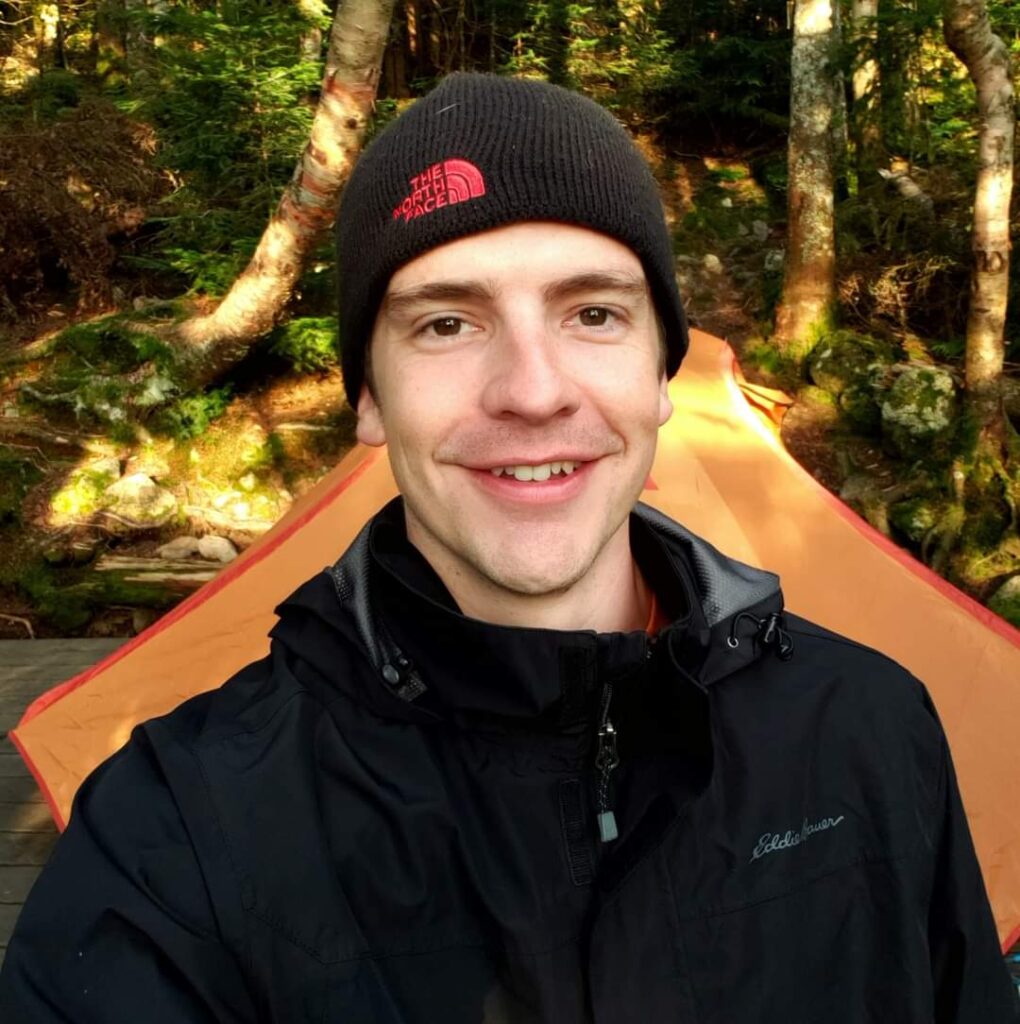
Caleb Bonyun
Caleb grew up on a small island in Maine, went to the University of Maine for both a bachelors and masters in physics, and hs been involved in undergraduate physics education for a little over a decade. He is an adjunct professor of physics at Manchester Community College as well as a physics technical instructor at the Massachusetts Institute of Technology. Additionally, his deep passion for STEM education and outreach led him to start running a couple social media pages for science outreach with the handle “physicsisfun” – dedicated to the believe that we can make physics education fun and engaging! He now has substantial following on Tik Tok, YouTube and Instagram! When not teaching physics, he enjoys training for and running marathons; as well as backpacking and hiking and climbing mountains.
(Abstract of Workshop A-IV)
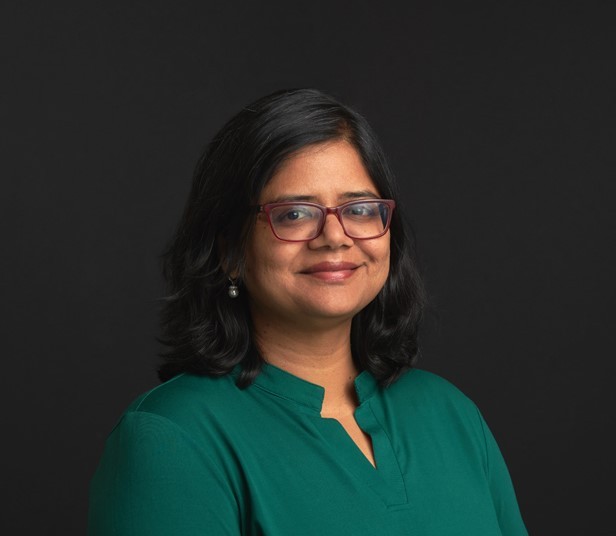
Malavika Chandra
Malavika Chandra is the Laboratory Director for the teaching labs in the Department of Physics at Boston College. She received a B.Sc. in Physics from University of Delhi, India, B.A in Natural Sciences from University of Cambridge, U.K., and a Ph.D. in Applied Physics from University of Michigan. After her Ph.D., she was a postdoctoral researcher at the University of Pennsylvania, and then worked as a Technical Writer at MathWorks. She joined the Physics Department at Boston College in 2018. Outside of work, she enjoys traveling and learning Kathak, an Indian classical dance form.
(Abstract of Workshop A-II)
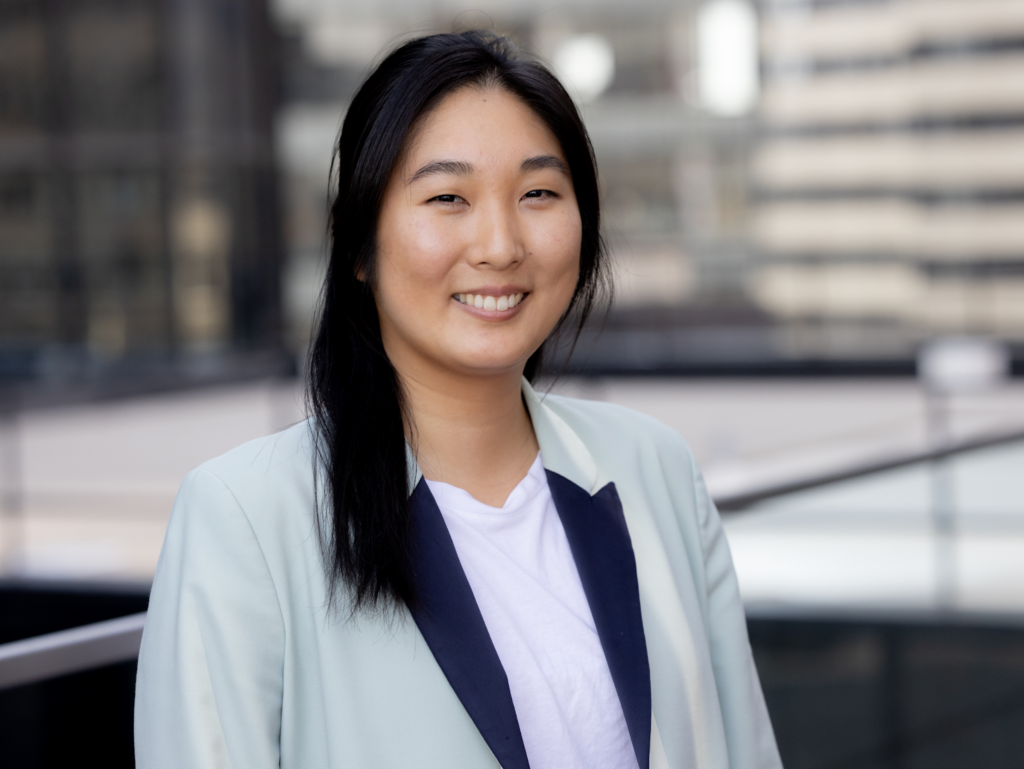
Yoonji Choe
Yoonji Choe received her undergraduate degree in Physics from Wellesley College and is currently leading software engineering teams as an Engineering Manager at Forward Financing. She has worked in software engineering for the last 10 years developing full stack applications in the healthcare, finance and government sectors. In her previous role at InterSystems, Yoonji founded the InterSystems Women’s Network to support the mentorship, sponsorship and career growth for women throughout the organization. She has hired and trained individuals from a wide range of backgrounds and has a passion for helping people leverage their unique strengths.
(Abstract of Workshop A-VI)
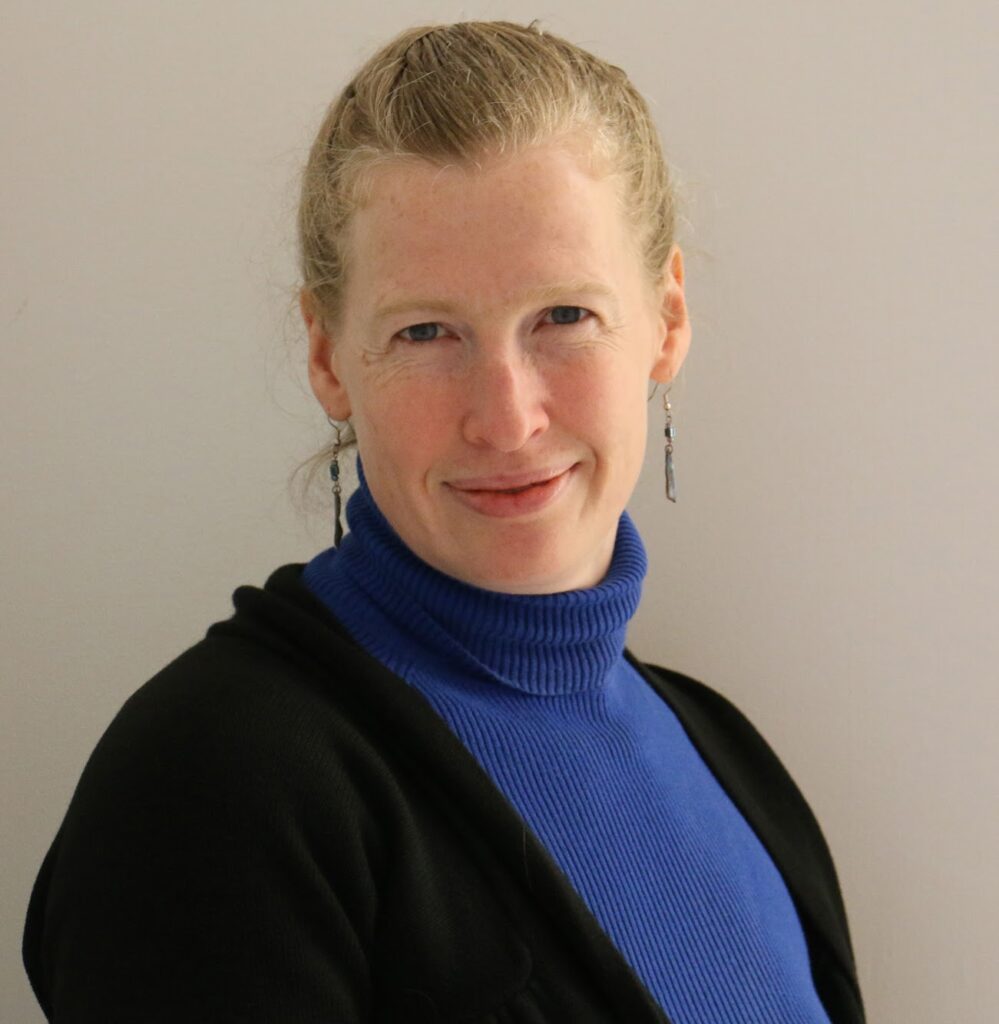
Rebecca Christianson
Rebecca Christianson is a Technical Program Manager at Commonwealth Fusion Systems currently working on the SPARC cable quench protection system and the ARC blanket system. She began her scientific career with a PhD in physics from MIT studying high temperature superconductivity and low dimensional magnetism with Bob Birgeneau, then transitioned to a post-doc at Harvard working in complex fluids with Dave Weitz. Subsequently, she spent fifteen years as a professor of applied physics at Olin College of Engineering in Needham, MA. There, she specialized in interdisciplinary project based curriculum design and did research on colloidal heat transfer fluids and biological complex fluid systems in collaboration with professors of mechanical engineering and biological engineering. In 2017, she began consulting at Draper Labs doing multiphysics finite element simulations of microfluidic systems for biomedical applications, and after moving there full time in 2019, she took on technical leadership of several projects and added work in energy technology including modelling novel battery systems and working on sensor systems for nuclear reactors. She started work at CFS in the summer of 2023.
(Abstract of Workshop A-V)
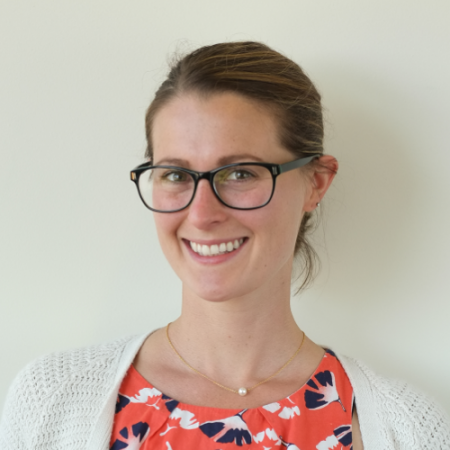
Rebecca Dally
NRC Postdoctoral Fellowship to work at the Center for Neutron Research at the National Institutes of Standards and Technology
(Abstract of Workshop A-III)
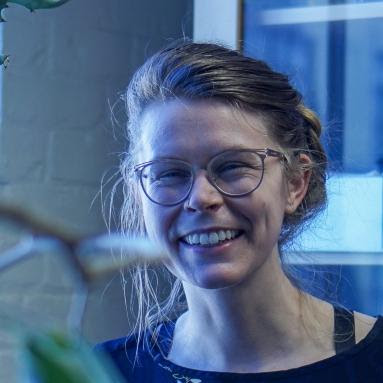
L Dana
Dana manages the introductory teaching laboratories for the Worcester Polytechnic Institute’s physics department. Previously she worked in the Helena Foundation Teaching Lab at MIT, otherwise known as Junior Lab. Before that she worked in several engineering and physical oceanography labs at Woods Hole Oceanographic Institute in Woods Hole, MA. There she developed a love for Matlab and the lifelong skill of getting seasick. Before that she studied at Bryn Mawr College, where she received her BA in Physics. She is originally from Marshfield, MA, and is very pleased that despite many years in Massachusetts she drives very slowly.
(Abstract of Workshop A-IV)
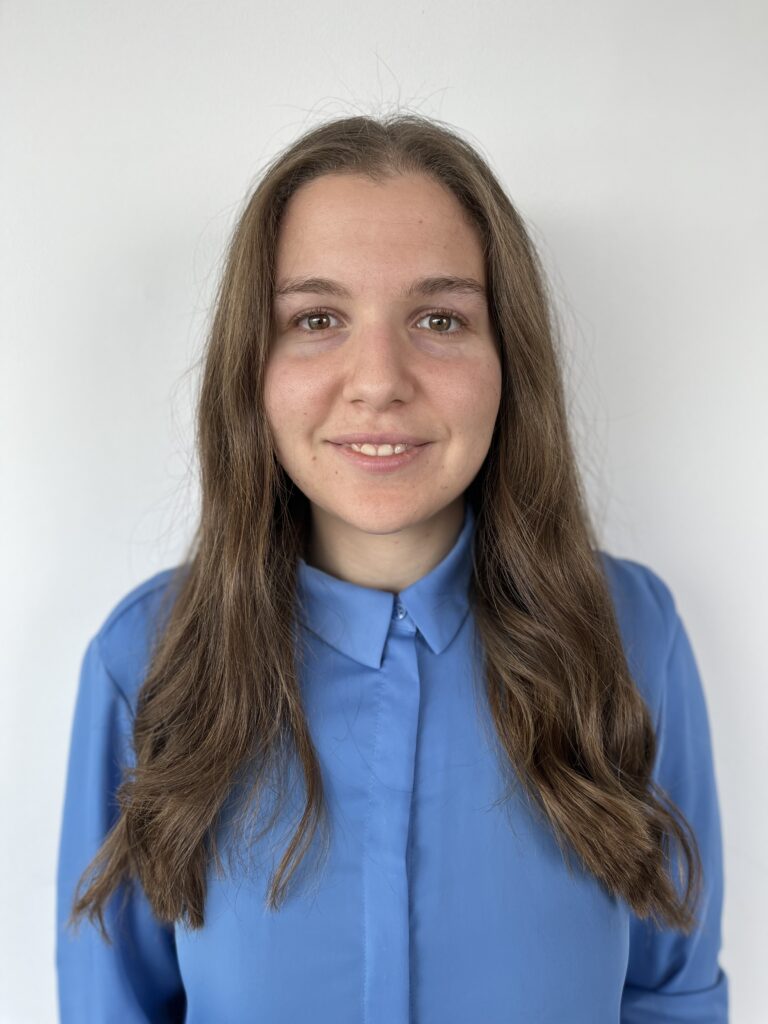
Shams El-Adawy
Dr. Shams El-Adawy is currently a postdoctoral associate instructor at the Massachusetts Institute of Technology. She collaborates with faculty and staff to successfully coordinate on-campus blended physics classes. She also leads the preparation and development of physics education research studies. She earned her PhD in 2023 from Kansas State University in physics education research. Her research was about the development of STEM professionals who integrate education research and public engagement into their careers. Shams earned her M.S. in Physics from DePaul University in 2020 and her B.A. in Physics and French from American University in 2018.
(Abstract of Workshop A-IV)
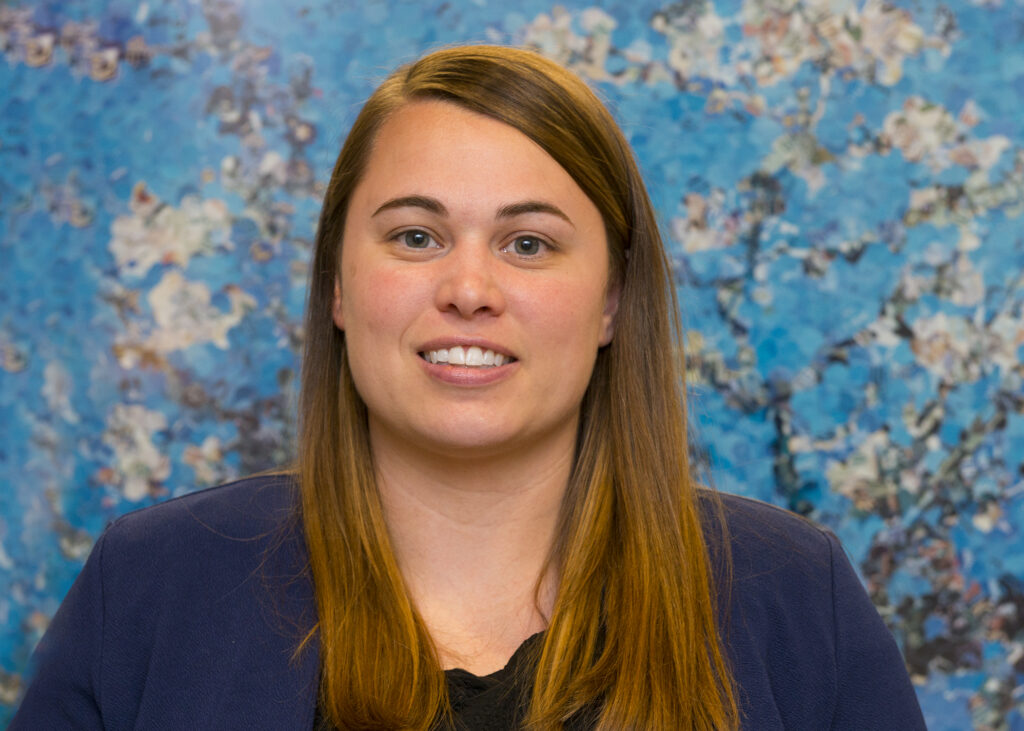
Colleen Foote
Colleen Foote is a clinical Medical Physicist with a focus on the quality and safety of photon radiation treatments for cancer patients. She received her Bachelor of Science in Physics at the University of Massachusetts Dartmouth, her Master of Science in Medical Physics at Duke University and completed a Therapeutic Radiological Physics residency at Vassar Brothers Hospital in Poughkeepsie, NY. She joined Massachusetts General Hospital in 2015 and is an active member of the national group American Association of Physicists in Medicine (AAPM), currently chairing the Medical Physics Leadership Academy Website Subcommittee. Colleen is thrilled to be participating at this year’s CUWiP event!
(Abstract of Workshop A-V)

Katie Hall
Dr. Katie Hall is currently a Distinguished Senior Lecturer in the Physics and Astronomy Department at Wellesley College. She also currently serves as an IP Advisor to OmniZare Imaging, a medical imaging start-up in Waltham, MA. Prior to teaching at Wellesley College, Katie was the Chief Technology Officer at WiTricity, an MIT spin-out developing wireless power transfer solutions, from its founding in 2007 until 2014, was a founder of Wide Net Technologies, Inc., a small company developing novel optical technologies including optical chemical sensors and QKD detectors, from 2003-2007 and was a founder and Chief Technology Officer at PhotonEx Corporation, a start-up company that produced the world’s first 40 Gb/s optical transport product, from 1999-2003. Katie worked for three (3) years at AT&T Bell Laboratories before attending graduate school, and at MIT Lincoln Laboratory for six (6) years before starting PhotonEx. She holds 180 issued patents and has published over 100 journal articles and conference papers. She has been an Associate Editor of IEEE Photonics Technologies Letters, has served on the Board of Directors of the Optical Society of America and on the Board of Governors of the IEEE Lasers and Electro-Optics Society. Katie is a Fellow of the OSA (now Optica) and was awarded the 2014 Symons Innovator Award from the Nation Center for Women and Information Technology. Katie holds a B.A in Physics from Wellesley College, and an M.S. and Ph.D. in Electrical Engineering and Computer Science from MIT.
(Abstract of Workshop A-VI)
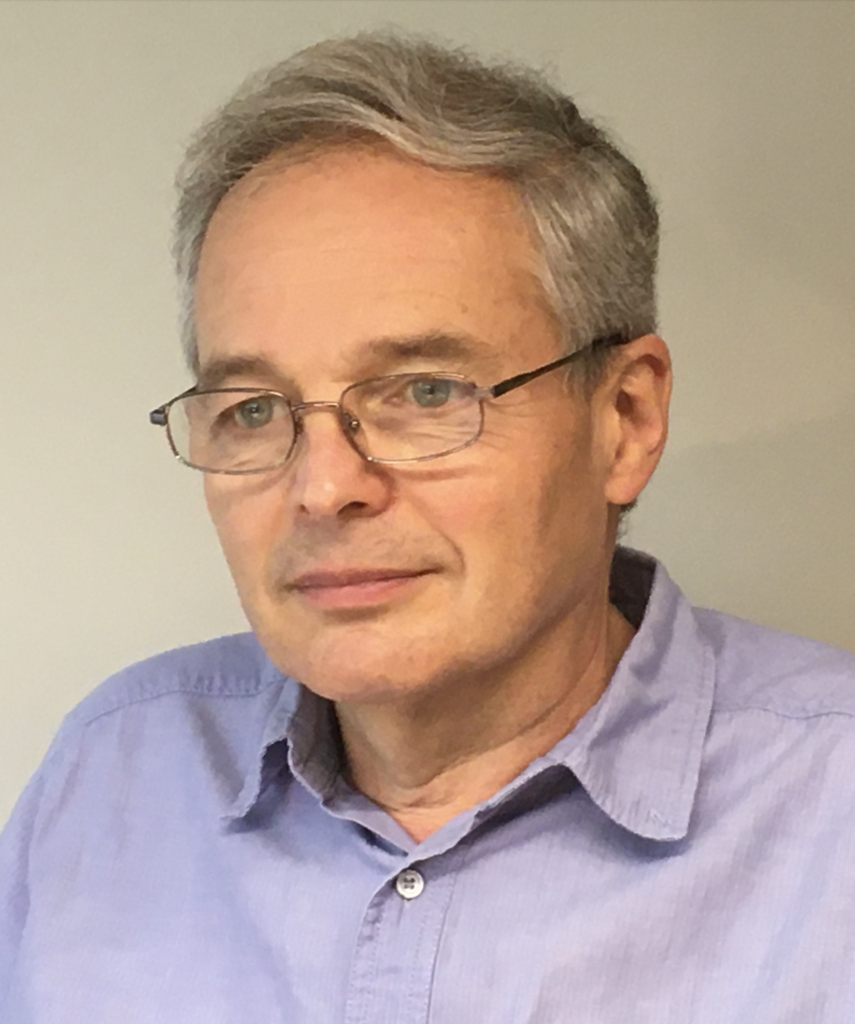
Andrzej Herczyński
Andrzej Herczyński is a Research Professor in the Department of Physics at Boston College. He was educated at the University of Warsaw and at Lehigh University (Ph.D. 1987). His research has been in fluid dynamics and applied mathematics, and he has also been interested in the connections between physics and the arts. In 2007, he helped organize an exhibition Pollock Matters at the McMullen Museum of Art at Boston College. In 2017, he was the principal organizer of the programme on Growth, Form, and Self-Organization at the Isaac Newton Institute in Cambridge, UK, which included an exhibition Form in Art: Art of Form. Recent and current projects include Paul Klee Notebooks: Form & Mathematics, Viscous Thread Falling on a Spinning Surface, Fractal Patterns in Music, and Scaling Regularities in Art.
(Abstract of Workshop B-II)

Sadia Hoq
Sadia Hoq is a technical staff member at MIT Lincoln Laboratory in the Systems & Analysis group, where she has worked for six years. In that time, her analysis has focused on a variety of topics impacting aircraft survivability, including physics-based modeling and simulation as well as data analysis of RF and IR sensors. Prior to joining the laboratory, Sadia received a B.A. in Astronomy and Physics, and a Masters and PhD in Astronomy from Boston University. While at BU, her research focused on star clusters as distance indicators in the galaxy as well as the impact of the galactic magnetic field on star formation.

Jillian Ireland
Jillian Ireland attended undergrad at Franklin and Marshall College in Lancaster PA where she double majored in physics and economics. During her undergraduate program, Jill researched condensed matter physics, quantum optics for education, and also some economics research that was cut short due to the pandemic. Following graduation in 2021, Jill worked as an analyst at a recruitment advertising firm where she tracked conversion metrics and made suggestions to improve customer outcomes. She joined MIT Lincoln Laboratory in November of 2022 as an assistant staff where she has been studying missile dynamics while also working to validate a contrail formation model.
(Abstract of Workshop A-III)

Masha Kamenetska
Masha Kamenetska is an assistant professor at Boston University in the departments of Chemistry and Physics. She is an experimental scientist with a research focus that spans these two disciplines. Her lab is focused on developing single molecule spectroscopies for untangling structure-property relationships in molecular materials and biological systems on the sub-nanometer level. In 2023, she served as a co-chair of the CUWiP conference at Boston University. She is looking forward to another inspiring CUWiP event in 2024!
(Abstract of Workshop B-V)
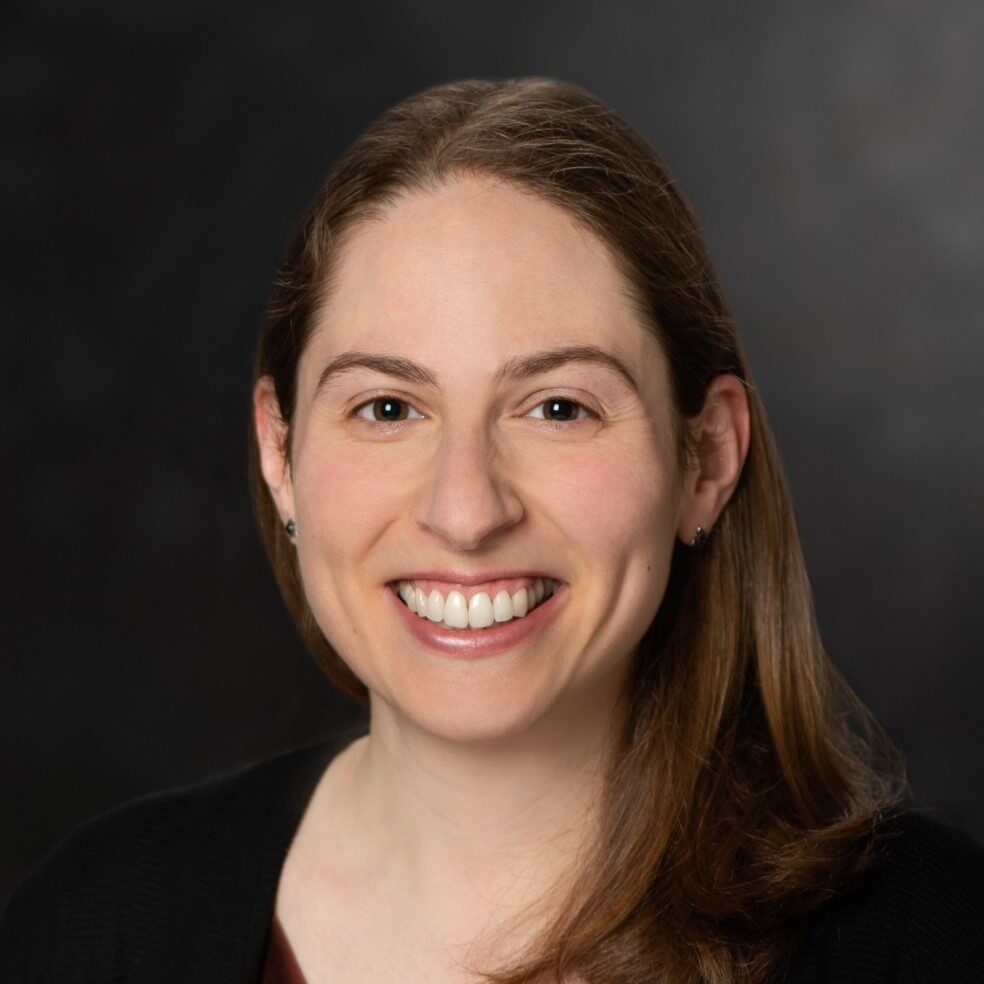
Emily Lesser
Emily Lesser is the leader of the Systems and Analysis Group at MIT Lincoln Laboratory, a federally-funded research and development center (FFRDC) focused on technology for national security. Her group investigates the survivability of US air defense assets through modeling and simulation backed by field and flight testing. Her work has influenced acquisition programs within the Department of Defense as well as capabilities for the warfighter. Emily joined MIT Lincoln Laboratory in 2011, and her early projects involved flight testing and analysis of Infrared systems. She has also served as a mentor in various career development and technical education programs. Prior to joining MIT Lincoln Laboratory, Emily earned a B.S. in Chemistry from MIT and a Ph.D. in Physical Chemistry from Stanford University. For her graduate work at Stanford, she leveraged ultrafast Infrared spectroscopy to study the hydrogen bonding dynamics of water in constrained environments.
(Abstract of Workshop A-III)
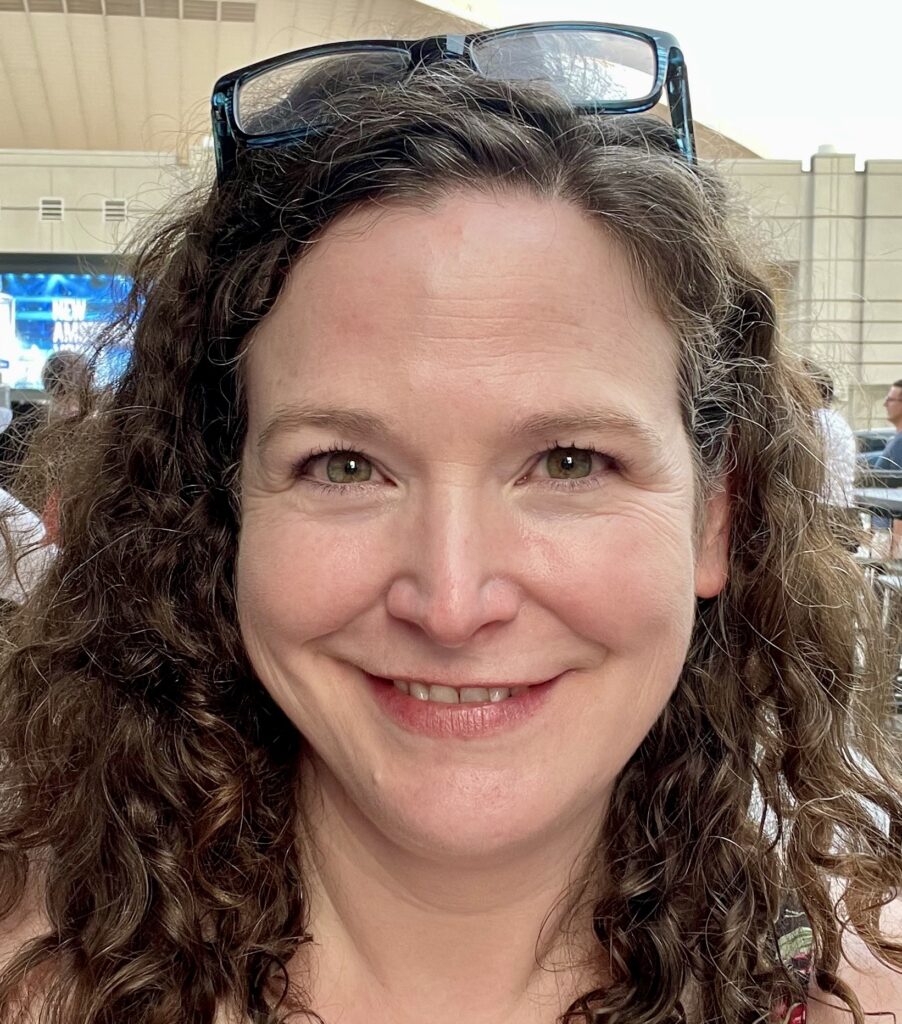
Emily Maher
Dr. Emily Maher is a Professor of Physics at MCLA in North Adams, where she has been for the past 17 years. She received her PhD from the University of Minnesota, Minneapolis. Her research focus is experimental particle physics with an emphasis on neutrinos. She is currently studying neutrino scattering as part of the MINERvA experiment at Fermilab. Her true passion is teaching, and she teaches courses ranging from The Physics of Superheroes to Quantum Mechanics. When not at Fermilab or MCLA, Dr. Maher is usually spending time in the woods of the rural Berkshires.
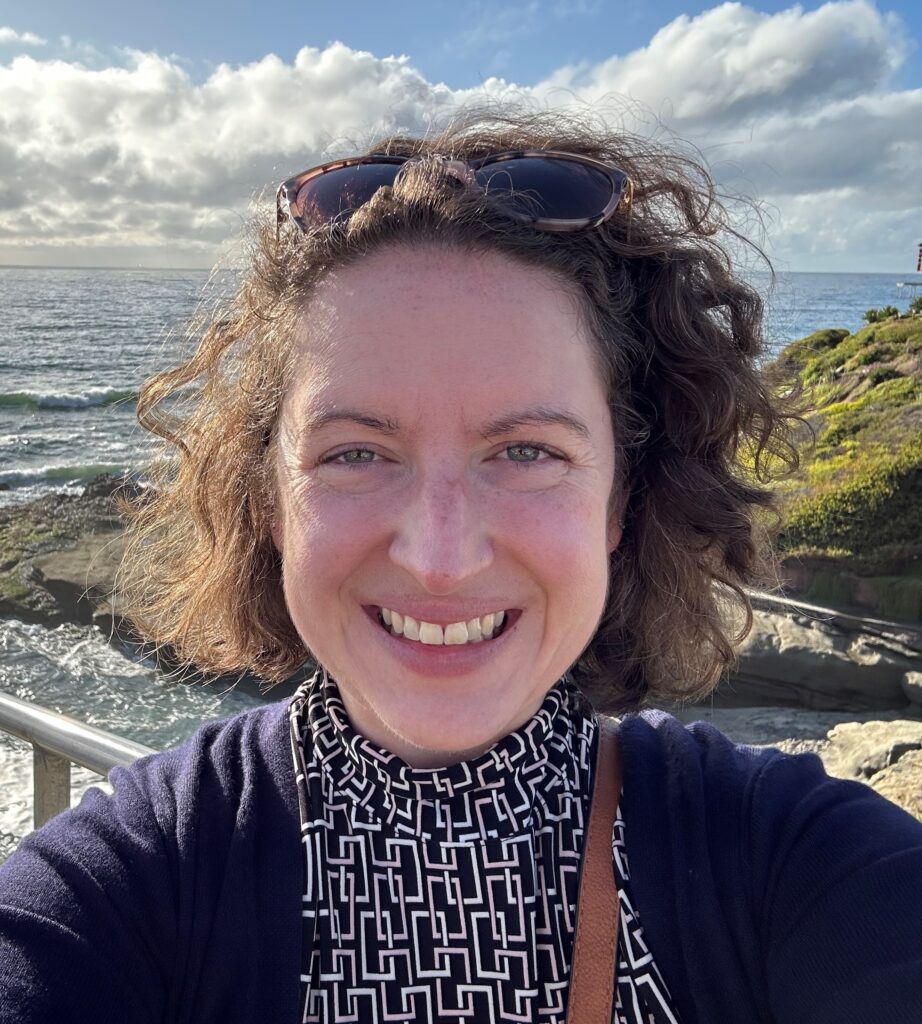
Amber McCreary
Dr. Amber McCreary received her B.S. in physics at the University of Pittsburgh in 2011, then completed her Ph.D. in physics at The Pennsylvania State University in 2017. While at Penn State she studied a wide variety of properties of two-dimensional (2D) materials and had guest researcher positions at both the Army Research Laboratory (Adelphi, MD) and the National Institute of Standards and Technology (Gaithersburg, MD). After her Ph.D., Amber was awarded the National Research Council Postdoctoral Fellowship to study magnetism in two-dimensional materials at NIST with her postdoc advisor Dr. Angela Hight Walker. In January of 2021, Amber joined Northrop Grumman’s Transformational Computing Organizational Unit as a Senior Principal Physicist, where she is an experimental tester studying the interfacing of superconducting qubits and digital logic. Throughout her career, Amber has been passionate regarding outreach and DE&I efforts, and has been on the organizing committee of two CUWiPs.
(Abstract of Workshop A-III)
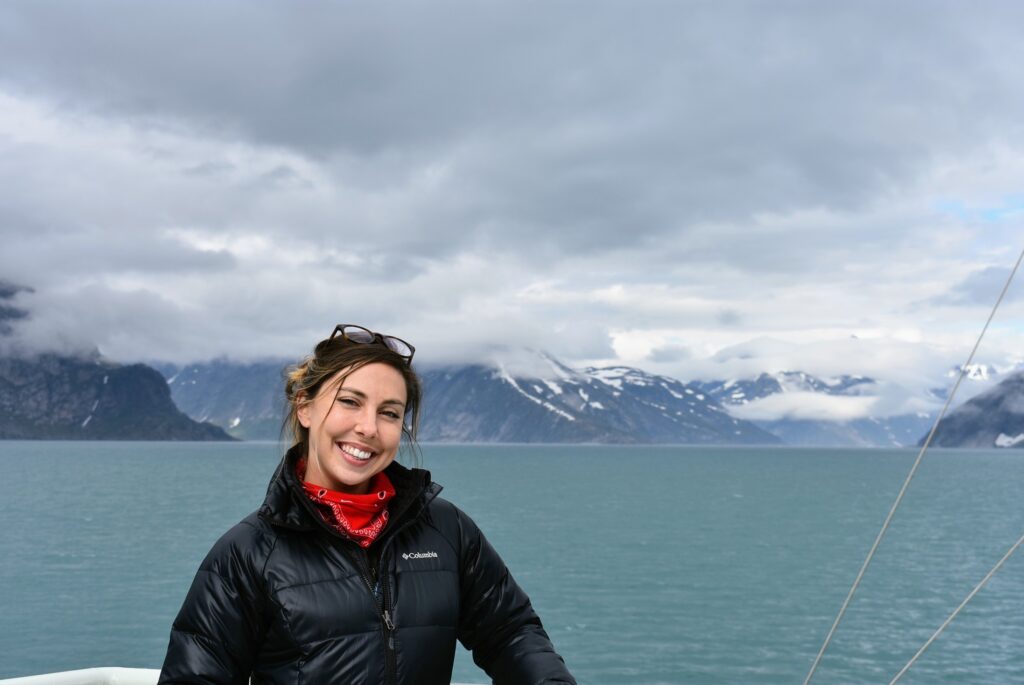
Leah McRaven
Leah McRaven works in the Physical Oceanography department at Woods Hole Oceanographic Institution. Leah has worked as a sea-going oceanographer since 2010 and has participated in 17 expeditions. Her work has taken her to exciting and remote locations such as the Red Sea, Equatorial Pacific, and several locations throughout the Arctic. Her work focuses on the collection of physical parameters needed to describe the motion and evolution of seawater (ocean temperature, salinity, dissolved gasses, and currents) and she regularly collaborates with researchers from different disciplines such as those focused on Harmful Algal Blooms, carbonate chemistry, and naval architecture.
(Abstract of Workshop A-VI)

Tara Medich
Tara Medich is the Director of Radiation Safety and Radiation Safety Officer for Massachusetts General Hospital. She received a B.S. in Applied Physics from Purdue University, an M.S. in Radiological Sciences and Protection from the University of Massachusetts at Lowell and is a board-certified health physicist. For the past decade she has been a clinical mentor for the Harvard Medical Physics Residency Program teaching practical and regulatory aspects of medical radiation safety. She has held various leadership and committee roles in the Health Physics Society and was recently appointed to serve on the American Board of Health Physics Panel of Examiners. In her spare time, she enjoys baking, jigsaw puzzles, and training for marathons.

Giulia Menichetti
Dr. Menichetti is a Principal Investigator and Junior Faculty at Harvard Medical School (Brigham and Women’s Hospital) and an affiliated faculty member at the Network Science Institute (Northeastern University). She is a statistical/computational physicist by training, and during her Ph.D. she specialized in Network Science. She currently leads the Foodome project, which aims to track the full chemical complexity of the food we consume and develop quantitative tools to unveil, at the mechanistic level, the impact of these chemicals on our health. More recently, for her work on reproducible food quality metrics and informed decision-making, she was selected by the Rockefeller Foundation and Acumen Academy for the inaugural cohort of the Food Systems Fellowship, a 1-year program supporting 20 world leaders acting on the complexity of food systems.
(Abstract of Workshop B-III)
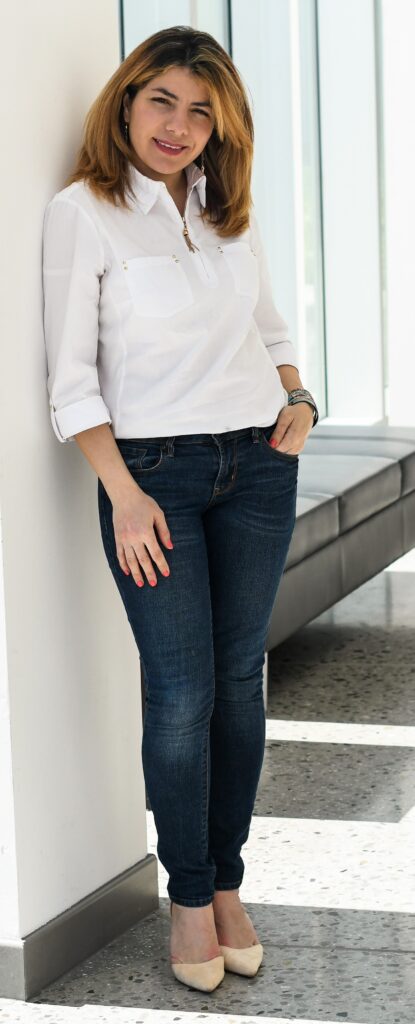
Khadijeh Sona Najafi
Khadijeh Sona Najafi is a research scientist at IBM Quantum and MIT-IBM Watson AI lab. Her main research interests lie at the interface of quantum many-body physics, quantum computing, and quantum machine learning with applications in quantum simulation, quantum generative/variational algorithms, and quantum neuromorphic computing. Before joining IBM, she held a joint associate fellow at Harvard and Caltech. She also won the Google Quantum AI award in 2019 and Google’s early hardware access in 2020.
(Abstract of Workshop A-VI)
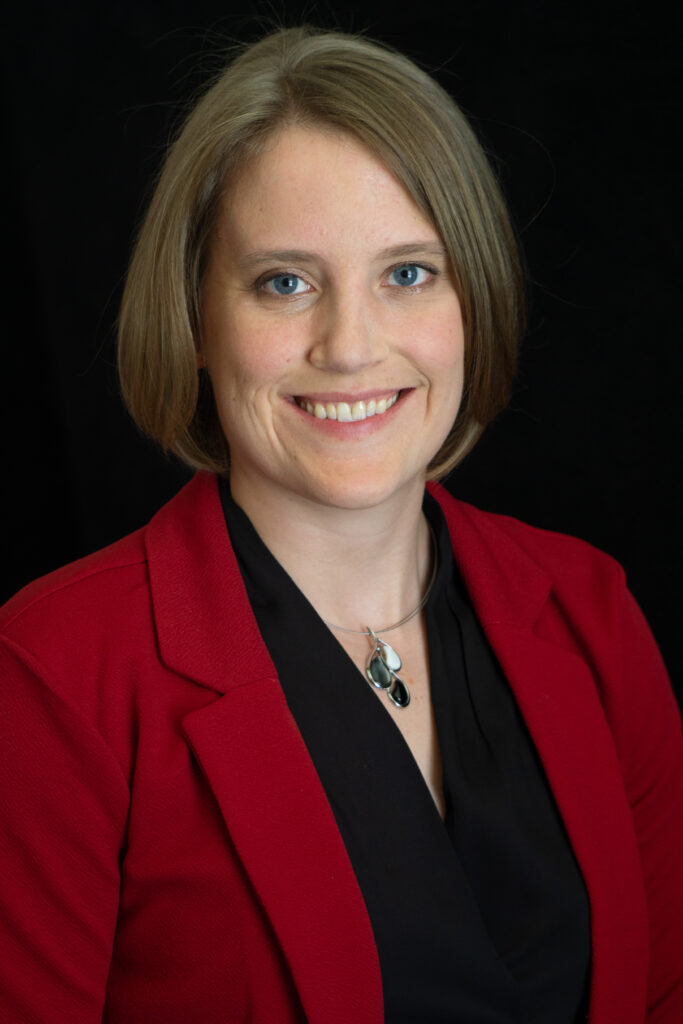
Kathleen Brooke Oolman
Kathleen Oolman is a Ph.D. candidate in physics at the University of Illinois Urbana-Champaign (UIUC). Her research lies in experimental condensed matter, AMO, and quantum optics where she studies light-matter interactions. Currently, her research focuses on quantum optics in integrated photonic systems and in bioimaging. Previous graduate work studied ultrafast magneto-optics in antiferromagnetic metals. She was awarded the National Science Foundation Graduate Research Fellowship in 2019. Kathleen is passionate about DEI activities and was actively involved various organizations throughout graduate school. She held various leadership roles on campus including in the Graduate Society of Women Engineers (SWE) at Illinois and is currently an APS AGL leader. For her leadership in DEI initiatives, she was awarded the SWE Outstanding Collegiate Member award and the UIUC IDEA Institute Student Diversity Award in 2023. Kathleen graduated cum laude from the University of Wyoming in 2017 with a dual bachelor’s degree in physics and mathematics.
(Abstract of Workshop A-I)
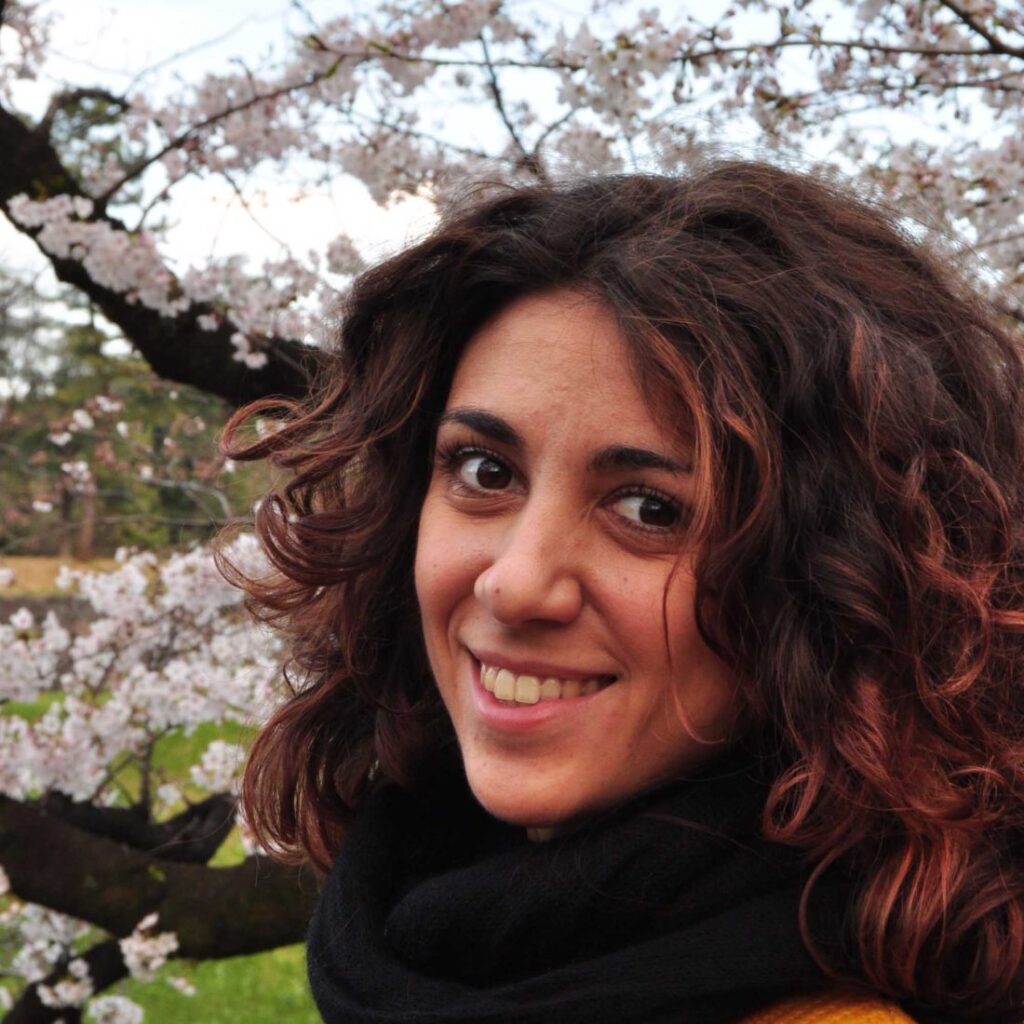
Eleonora Polini
Eleonora became interested in the experimental field of gravitational waves during a Summer Research Program at the University of Florida, where she developed a read-out technique for the LISA experiment. Combining her passion for gravitational waves and quantum optics, she participated in the realization of a 1:1 scale prototype of frequency-dependent squeezing at the National Astronomical Observatory of Japan, in Tokyo for her master thesis project. This technology allows quantum noise reduction in gravitational wave detectors across the entire detection spectrum. During her Ph.D., Eleonora worked on the implementation of this technique in the European gravitational wave detector Virgo. She was also involved in various experimental upgrades of the Virgo detector, including the replacement of the Output Mode Cleaner and the mitigation of scattered light noise.
In early 2023, Eleonora joined the MIT LIGO group as a Postdoctoral Associate working with Nergis Mavalvala, Dean of the School of Science, on an ambitious project: building a large fiber interferometer to measure the effect of gravitational redshift on single photon states. Eleonora is also working on developing current gravitational wave detectors as part of the LIGO collaboration.
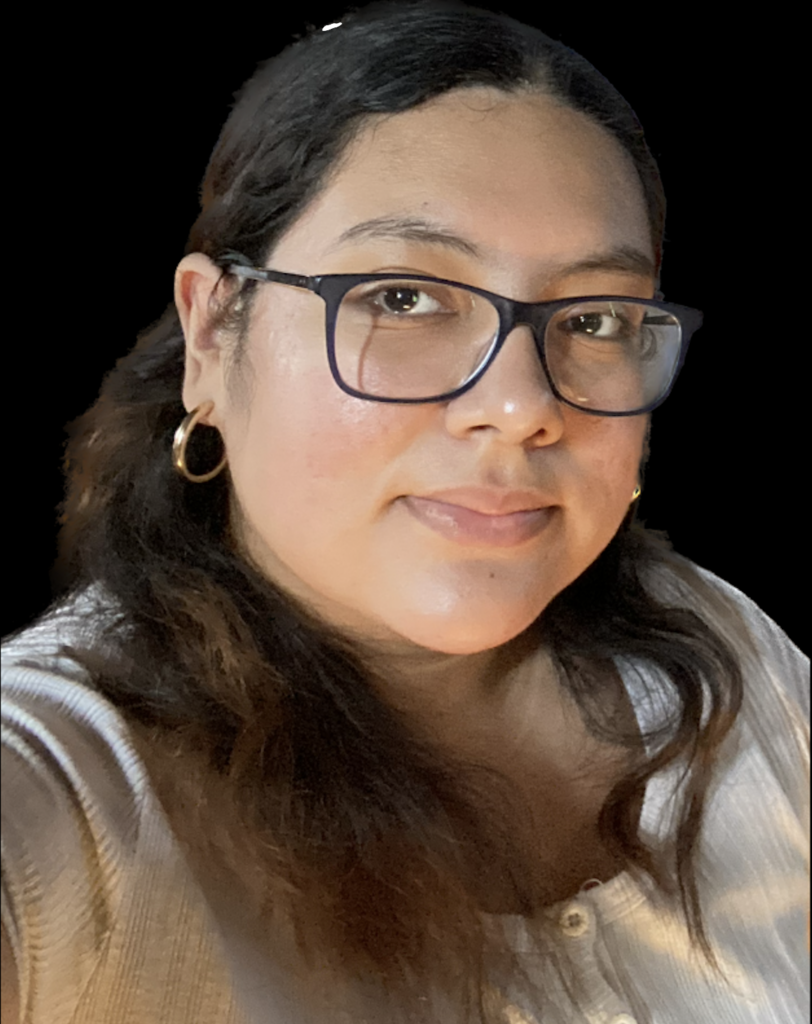
Alejandra Rodriguez
Alejandra Rodriguez is an undergraduate student at Wellesley College majoring in Astrophysics. She is the first in her family to attend college and plans on attending graduate school for Astrophysics/Astronomy. She is currently conducting research with Professor Lamiya Mowla on the search for galaxies that don’t contain dark matter. Through this, she is using the software Carta and Python to identify potential galaxies through the JWST Uncover Program. She is overall interested in the field of Cosmology and Experimental Physics. Outside of academia, she loves to volunteer at Public Nights geared toward teaching the general public about astronomy-related topics.
(Abstract of Workshop B-IV)

Laura Ross
Laura Ross is a Senior Technical Staff member at MIT Lincoln Laboratory, a federally-funded research and development center (FFRDC) focused on national security. Laura focuses on advanced radar system algorithm development and data analysis for the Tactical Defense Systems group. This work includes designing, integrating and testing prototype novel radar systems to answer key questions on U.S. air vehicle survivability for the Department of the Air Force. Laura has had the opportunity to have real impact on many DoD programs and brief government and military senior leaders. Prior to her time at MITLL, Laura received a B.S. in Physics from MIT. She later received an M.S. in Electrical Engineering from BU while she was employed at MITLL. Both her undergraduate and graduate research focused on studying ionospheric plasma dynamics and utilized both radar and optical sensors at Arecibo Observatory in Puerto Rico and HAARP Observatory in Alaska.
(Abstract of Workshop A-III)

Sarah C. Schlotter
Sarah Schlotter focuses her practice on patent prosecution across a range of technology. Sarah regularly supports clients in areas including quantum computing and telecommunication, low-temperature physics, medical devices, microelectromechanical systems (MEMS), including both microfabrication techniques and MEMS devices, and integrated photonics. Sarah also has experience supporting clients in areas of machine learning and artificial intelligence and bioinformatics. Sarah’s intellectual property experience includes patent application drafting, patent prosecution, and IP diligence, including patentability and freedom-to-operate analyses. Prior to joining Wolf Greenfield, Sarah completed her PhD in Applied Physics at Harvard University. She was jointly advised by Professor Amir Yacoby in the Department of Physics at Harvard University and Professor Geoffrey Beach in the Department of Materials Science and Engineering at MIT. Her research focused on the engineering of magnetic thin films for low power data storage applications and nitrogen-vacancy center magnetometry.
(Abstract of Workshop A-V)

Giulia Semeghini
Giulia Semeghini, Assistant Professor of Applied Physics at Harvard University, is an experimentalist whose research centers on quantum simulation of complex materials and quantum information processing on neutral atom platforms. She received her Ph.D. from the University of Florence, and completed her undergraduate and master’s work at the University of Milan. Since 2019, she has been a postdoctoral researcher in Prof. Mikhail Lukin’s group at Harvard.
(Abstract of Workshop B-V)
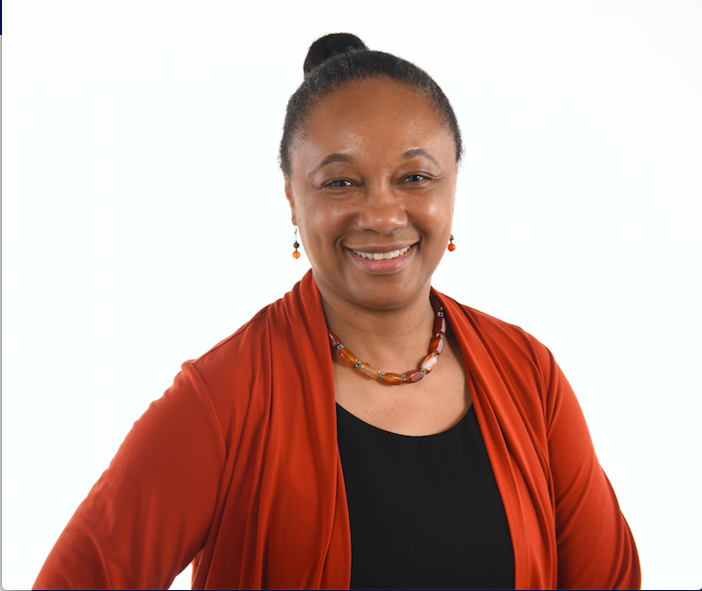
Inés Maturana Sendoya
Inés Maturana Sendoya, Ed.D. Associate Dean of Students for Inclusion and Engagement, joined Wellesley College in 2018. In that capacity, she oversees the Office of Intercultural Education, LGBTQ+ Programs and Services, the Slater International Center, and the Office of Student Success. Before joining Wellesley College, she directed academic and social support services to address the needs of students of color at Boston College and the University of Massachusetts Boston. Dr. Maturana Sendoya has a doctoral degree in Higher Education Administration from the University of Massachusetts Boston, a master’s degree in Intercultural Relations from Lesley University, and a bachelor’s in Modern Languages from the Universidad de los Andes in Bogotá, Colombia. She is fluent in Spanish, English and French. Dr. Maturana Sendoya is from Colombia and has lived in the United States for over 30 years.
(Abstract of Workshop B-IV)
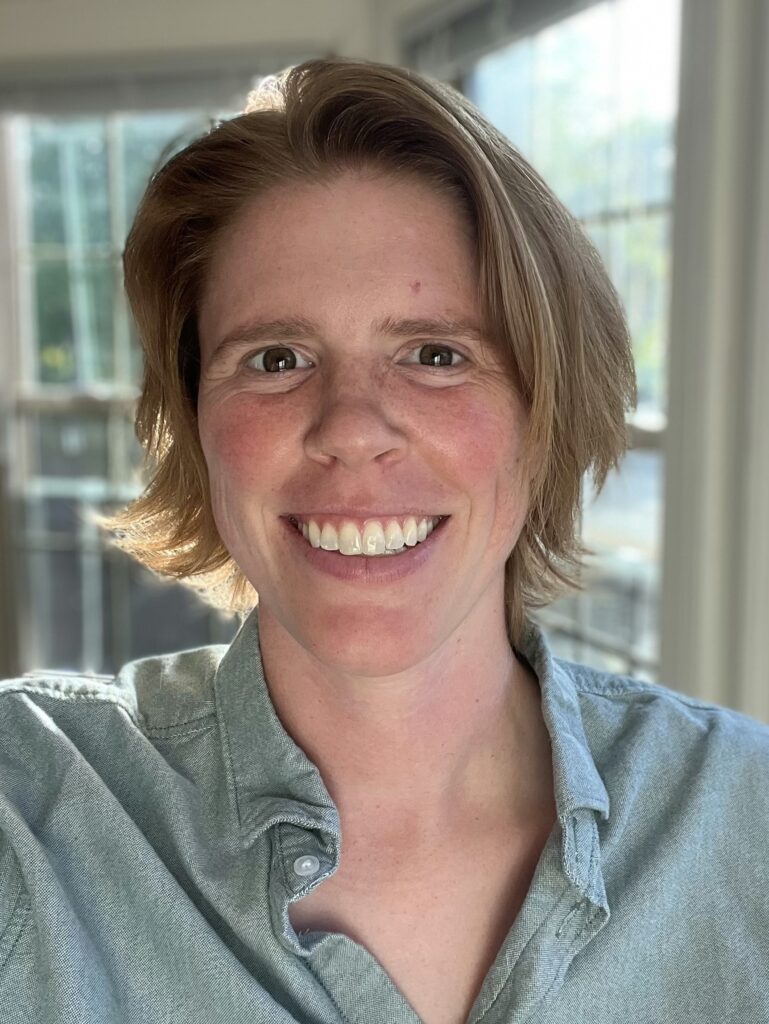
Erin Teich
Erin Teich is an Assistant Professor in the Department of Physics at Wellesley College, where she uses simulation and theory drawn from statistical physics and network science to investigate problems related to understanding and designing complex behaviors in soft materials. She received her Sc.B. in Physics from Brown University in 2011, and subsequently served with AmeriCorps for a year, where she worked in a community center and at an after- school program in Chicago. Erin received her Ph.D. in 2018 in Applied Physics from the University of Michigan, where she worked in Professor Sharon Glotzer’s group and focused especially on elucidating mechanisms for glass formation in colloidal systems. She then worked as a postdoctoral researcher with Professor Dani Bassett’s complex systems group at the University of Pennsylvania, focusing on network models of materials and soft matter approaches to questions in neuroscience, before joining the faculty at Wellesley in 2022.
(Abstract of Workshop A-VI)
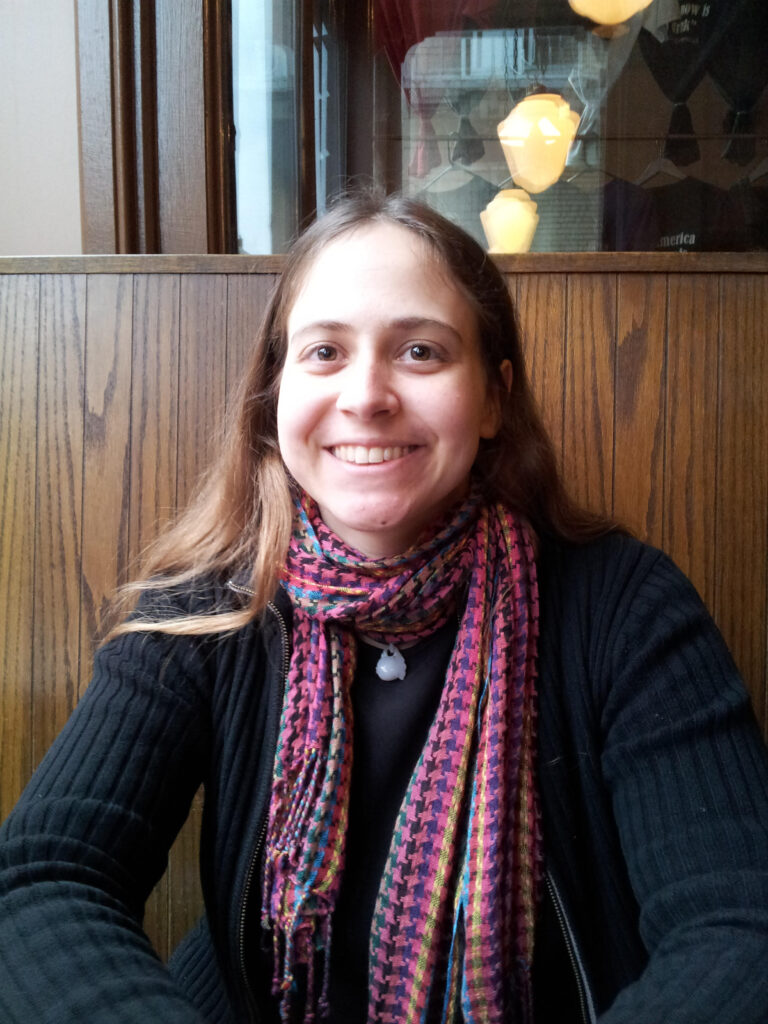
Michelle Tomasik
As a Lecturer in the Department of Physics, Michelle teaches introductory physics and a Pedagogy Class aimed at Physics Mentors. She manages the Physics Education subgroup that focuses on the Introductory classes and Online Education, and conducts physics education research. Working with other Digital Learning Lab members, she develops and runs classes on MITx Online. In 2015, she received her Ph.D. in physics from MIT working on photovoltaics and density functional theory.
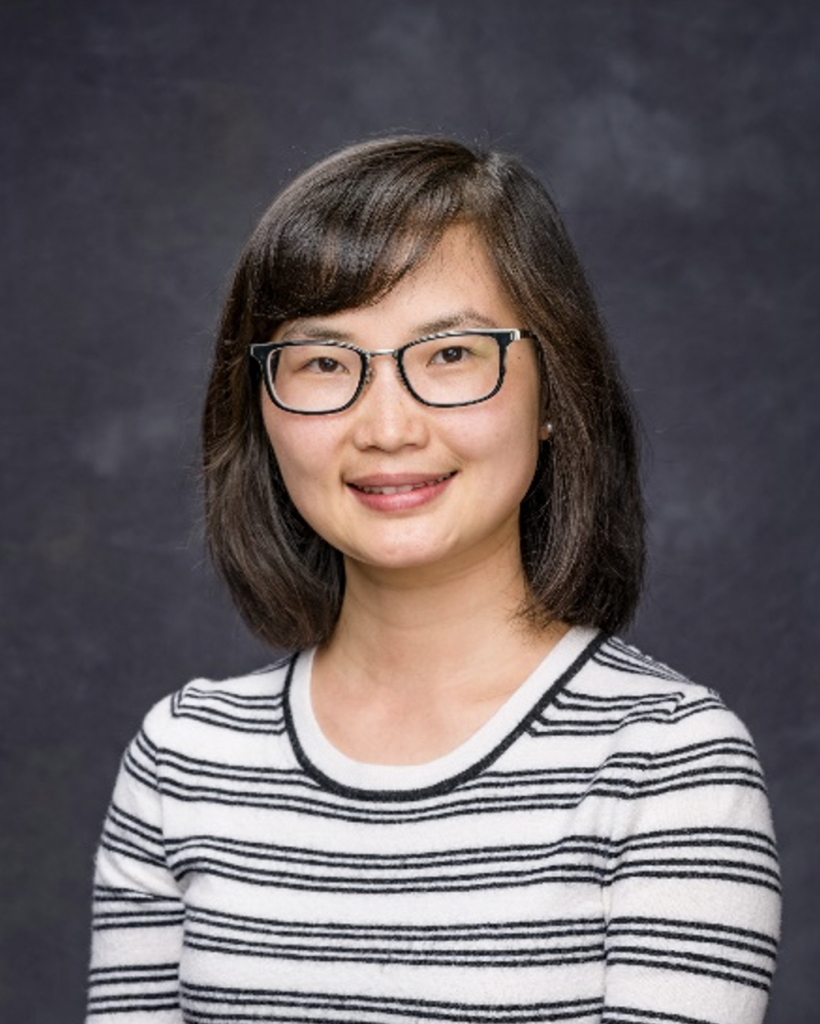
Wenzhao Wei
Wenzhao Wei is a research scientist in the department of physics and astronomy at Wellesley College. She focuses on the development of a neutrino detector to test a novel 3D signal readout system developed for DUNE project. Before joining Wellesley, she was a research scientist at MIT, concentrating on assessing the performance of a new type of scintillating fiber detector developed there and exploring neutron resonance transmission analysis using a portable DT neutron generator. She completed her Ph.D. in nuclear and particle physics at the University of South Dakota (USD). After that, she worked at USD as a postdoctoral researcher and then a research assistant professor. Her research focused on the fabrication and characterization of germanium detectors for next generation dark matter and neutrinoless double-beta decay experiments. Outside of her work, she finds joy in baking and hiking, and eagerly anticipates CUWiP 2024 events at Boston College/Wellesley.
(Abstract of Workshop B-IV)
